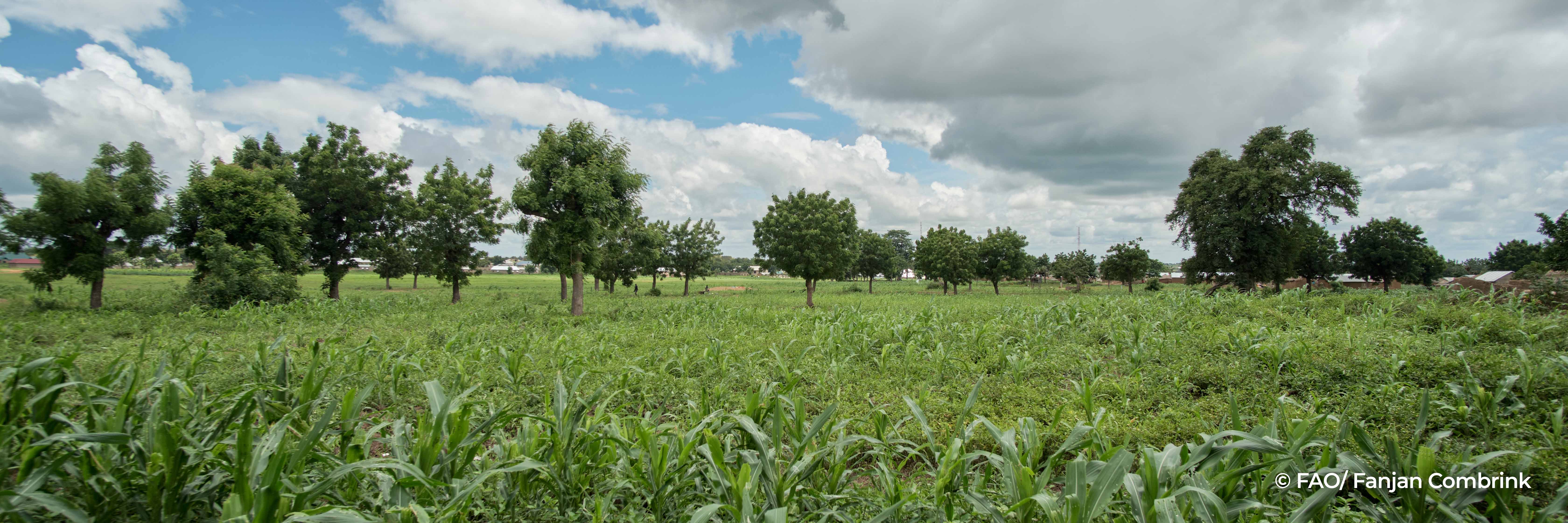COLLABORATIVE PLATFORM
Food Systems Solutions Dialogues
The Food Systems Solutions Dialogues offer a collaborative platform for National Convenors and key stakeholders to develop and share actionable solutions for sustainable food systems.
Since April 2022, the Hub has hosted monthly dialogues covering topics such as financing, coalitions of action, governance, health and nutrition, and the role of the private sector. These sessions provide opportunities for peer learning, exchange, and capacity building among Convenors’ networks, ensuring continuous progress in food systems transformation.
PARTICIPATION
The Dialogues are open to National Convenors, national focal points, UN Resident Coordinators, Members’ Permanent Representatives in Rome, and UN agencies at regional and country levels.
A SPARK for food systems transformation





State-of-the-art on specific subjects
Peer learning between experts
Action planning ideas and connections
Review progress and realign action
Knowledge for SDGs acceleration
UPCOMING DIALOGUES
Food systems approach in practice – building policy coherence across agendas
08:00-09:30 CET English with interpretation in Arabic, Chinese, and Russian
16:00-17:30 CEST English with interpretation in French and Spanish
This Dialogue is organized in collaboration with the Scaling Up Nutrition (SUN) Movement Secretariat and the FAO Agrifood Systems and Food Safety Division (ESF). It aims to explore how a systems approach can be operationalized at country-level to strengthen policy coherence, joint planning and design processes, and inclusive governance across national food systems and nutrition agendas. Drawing on the framework presented in FAO’s new publication, “Transforming Food and Agriculture Through a Systems Approach,” and elevating country experiences, the dialogue will take a deep dive into innovative food systems and nutrition governance mechanisms in countries, including the role of the SUN Focal Point, SUN multi-stakeholder platforms, and National Food Systems Convenors. Through concrete country examples, it will examine how these institutional arrangements can help to bridge sectoral silos, enabling more integrated decision-making and joint action across ministries, stakeholders and initiatives.
Leveraging cities, municipalities and urban stakeholders to advance food systems
08:00-09:30 CEST English with interpretation in Arabic, Chinese, and Russian
16:00-17:30 CEST English with interpretation in French and Spanish
This Dialogue will focus on the critical role of cities, municipalities and urban stakeholders in driving food systems transformation, recognizing that urban areas are increasingly shaping food demand, consumption patterns, nutrition outcomes and market dynamics. The Dialogue will explore innovative solutions for how national and local governments can work together to align urban food policies with national food systems priorities. Through country and city-level experiences, the session will examine practical entry points for local action, including sustainable public procurement, territorial food planning, support to short value chains, and inclusive urban food governance mechanisms. Particular attention will be given to how National Convenors can engage municipalities and metropolitan authorities as strategic partners, strengthen multi-level coordination, and leverage urban innovation to accelerate progress across food systems outcomes.
Data and technology to inform policy development and monitoring across national food systems priorities
08:00-09:30 CEST English with interpretation in Arabic, Chinese, and Russian
16:00-17:30 CEST English with interpretation in French and Spanish
Financing and investment packaging for food systems transformation
08:00-09:30 CEST English with interpretation in Arabic, Chinese, and Russian
16:00-17:30 CEST English with interpretation in French and Spanish
This Dialogue will focus on strengthening countries’ national capacity to mobilize, restructure, and unlock financing for food systems transformation. The session will explore how national food systems priorities can be translated into financing frameworks and investable, bankable projects, highlighting required institutional and technical capacities and best practices for unlocking emerging financing opportunities. The Dialogue will focus on the growing role of Public Development Banks (PDBs) in unlocking financial flows for food systems transformation, in line with the UN Secretary-General’s UNFSS+4 Call to Action, which emphasizes scaling finance through PDBs, IFIs, and MDBs, behind country priorities and strengthening inclusive coordination mechanisms at country level. The session will draw on the experience of the Agri-PDB Coalition, representing 138 public development banks across 96 countries, with approximately USD 2 trillion in assets and accounting for nearly two-thirds of public financing to agriculture. Discussions will cover innovative financing models and instruments, including blended finance, concessional loans, and grants.
From global commitments to national action: Integrating the Rio Conventions for sustainable food systems
08:00-09:30 CEST English with interpretation in Arabic, Chinese, and Russian
16:00-17:30 CEST English with interpretation in French and Spanish
This Dialogue will highlight best practices for leveraging synergies among the three Rio Conventions – the Convention on Biological Diversity (CBD), the UN Convention to Combat Desertification (UNCCD), and the UN Framework Convention on Climate Change (UNFCCC) – to drive sustainable food systems transformation. It will also examine how these conventions can collectively accelerate progress toward the Sustainable Development Goals (SDGs) and deliver transformative, systemic outcomes. Building on recent COP outcomes, the Dialogue will explore how countries can translate global commitments into concrete, integrated food systems action.
PAST DIALOGUES
2025
2024
2023
2022
Monitoring data-driven food systems transformation at country level
08:00-09:30 CET English with interpretation in Arabic, Chinese, and Russian
16:00-17:30 CET English with interpretation in French and Spanish
The global efforts to transform food systems have gained significant momentum in recent years, with various initiatives emerging to monitor and evaluate progress at the country level. The dialogue will serve as a platform for stakeholders to discuss the importance of data-driven approaches in shaping the future of global food systems and achieving the Sustainable Development Goals. The dialogue will explore how countries define their food systems transformation goals and assess progress made, highlighting the global Food Systems Countdown Initiative (FSCI) and other emerging national-level initiatives developed to monitor and evaluate food systems transformation. Moreover, the dialogue will highlight the role of traditional and Indigenous knowledge in data food monitoring processes. This dialogue aligns with the UNFSS+4 objectives of reflecting on progress, strengthening accountability, and unlocking investments for transforming food systems.
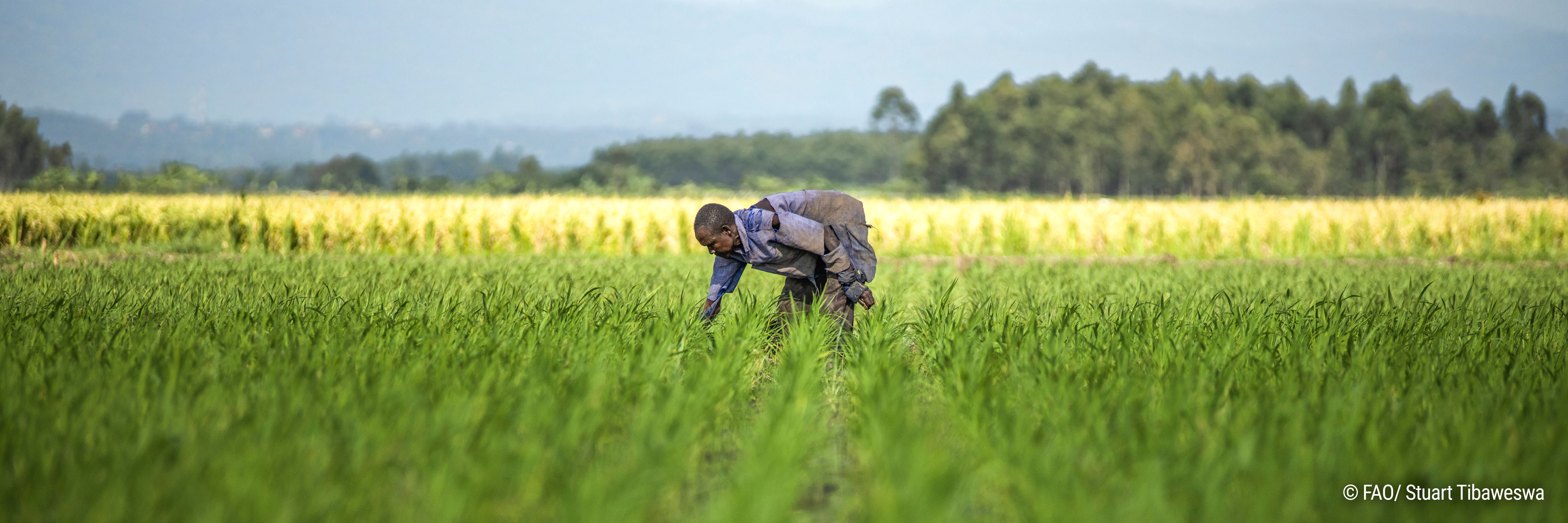
Materials
Concept Note: English
Summary Report: English
Unlocking investments for food systems transformation
08:00-09:30 CEST English with interpretation in Arabic, Chinese, and Russian
16:00-17:30 CEST English with interpretation in French and Spanish
The UNFSS+4 will have a strong emphasis on unlocking investments for transformative action. This dialogue will explore solutions for unlocking local investments for food systems transformation through nationally costed action plans, financing strategies, public sector budget allocations and public-private partnerships. The discussions will highlight innovative mechanisms and initiatives where food systems actors (e.g. donors, governments, UN agencies, private sector and the wider food systems ecosystem of support) have jointly leveraged resources for country-level impact. Moreover, the dialogue will explore options for reforming the financial architecture to become more conducive to sustainable food systems and address barriers to investment. This dialogue aligns with the UNFSS+4 objectives of reflecting on progress, strengthening accountability, and unlocking investments for transforming food systems.
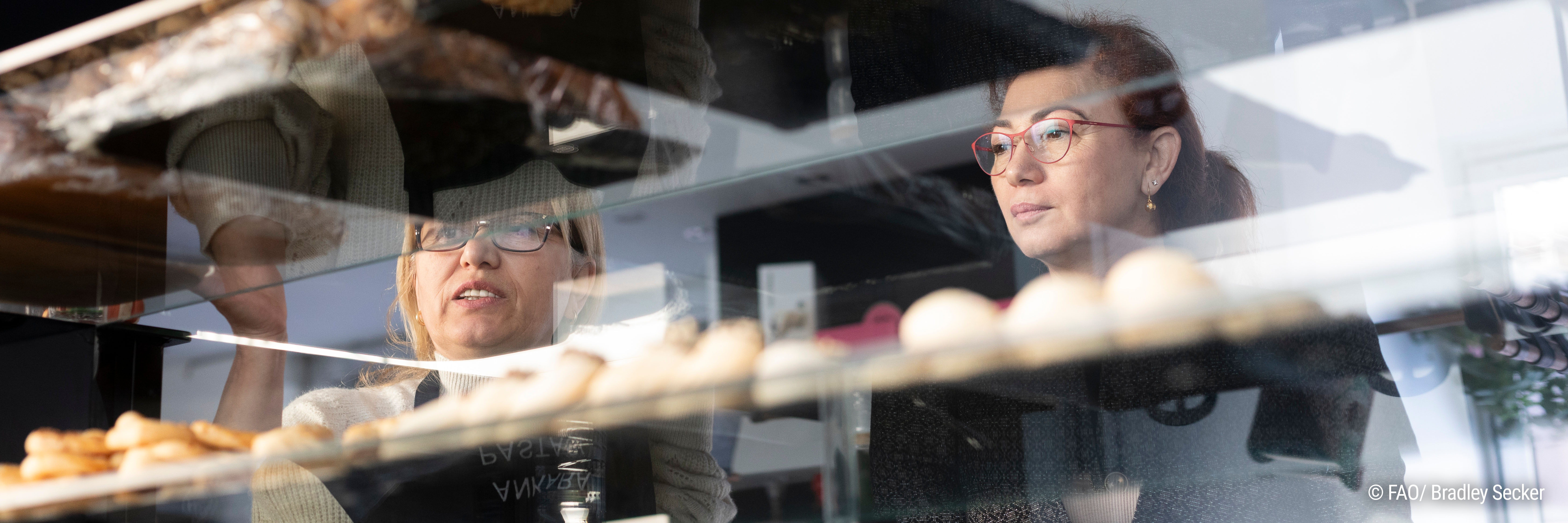
Materials
Concept Note: English
Summary Report: English
Convergence Initiative Touchpoint
08:00-09:30 CEST English with interpretation in Arabic, Chinese, and Russian
16:00-17:30 CEST English with interpretation in French and Spanish
It was designed specifically for National Convenors and their teams, as well as for representatives of the UN system, to explore how to accelerate the advancement of national convergence processes. Participants were able to connect, share progress, discuss challenges, and exchange their experiences. The nationally-led processes on aligning food systems transformation and climate action were presented by the pilot countries: these presentations were followed by an interactive discussion among participants. This is a summary report of the combined discussions from the morning and afternoon sessions that took place on 29 April. The key messages derived will be used to inform future convergence processes, including national workshops, UNFSS+4, and COP30
Materials
Concept Note: English
Summary Report: English
Presentation: English
Applying a food systems transformation lens in fragile contexts
08:00-09:30 CEST English with interpretation in Arabic, Chinese, and Russian
16:00-17:30 CEST English with interpretation in French and Spanish
Increasing global instability and the intersection of food systems and fragility present a critical challenge for sustainable development and human security. Fragile and conflict-affected states face unique, complex, and interconnected obstacles that hinder their ability to ensure lasting food security for their populations. This dialogue will delve into the emerging practices and innovative approaches being employed to transform food systems in vulnerable settings. Positive examples of country-level transformation and investment planning from countries affected by fragility will be featured. This dialogue aligns with the UNFSS+4 objectives of reflecting on progress, strengthening accountability, and unlocking investments for transforming food systems.
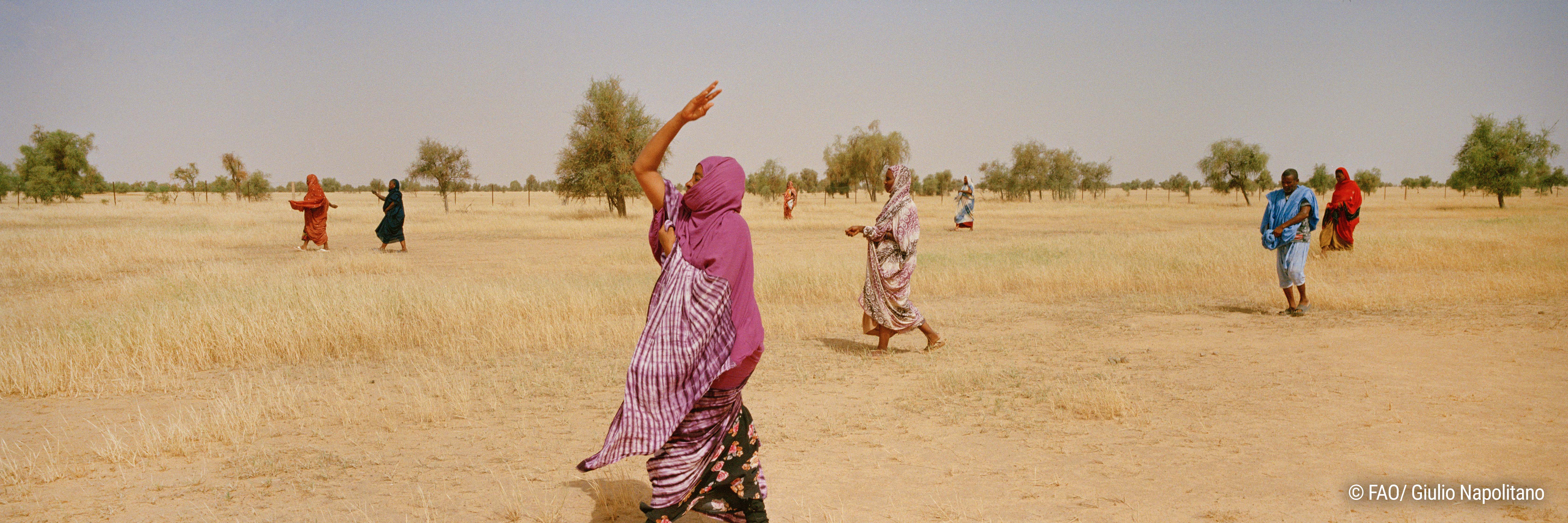
Materials
Concept Note: English
Summary Report: English
Strengthening accountability by engaging parliamentarians in food systems transformation
08:00-09:30 CEST English with interpretation in Arabic, Chinese, and Russian
16:00-17:30 CEST English with interpretation in French and Spanish
This dialogue aims to explore the critical role that parliamentarians can play in effectively supporting and accelerating food system transformation at country level. Topics to discuss include parliamentarians’ role and responsibilities as leaders and advocates for sustainable food systems, legislative tools for reform, accountability, and budget oversight functions to promote a food systems approach. The dialogue will explore how to build the capacity of parliamentarians to develop sustainable food systems strategies and policies, ensure government policy coherence and strengthen engagement with the local food systems ecosystem of support. This dialogue aligns with the UNFSS+4 objectives of reflecting on progress, strengthening accountability, and unlocking investments for transforming food systems.
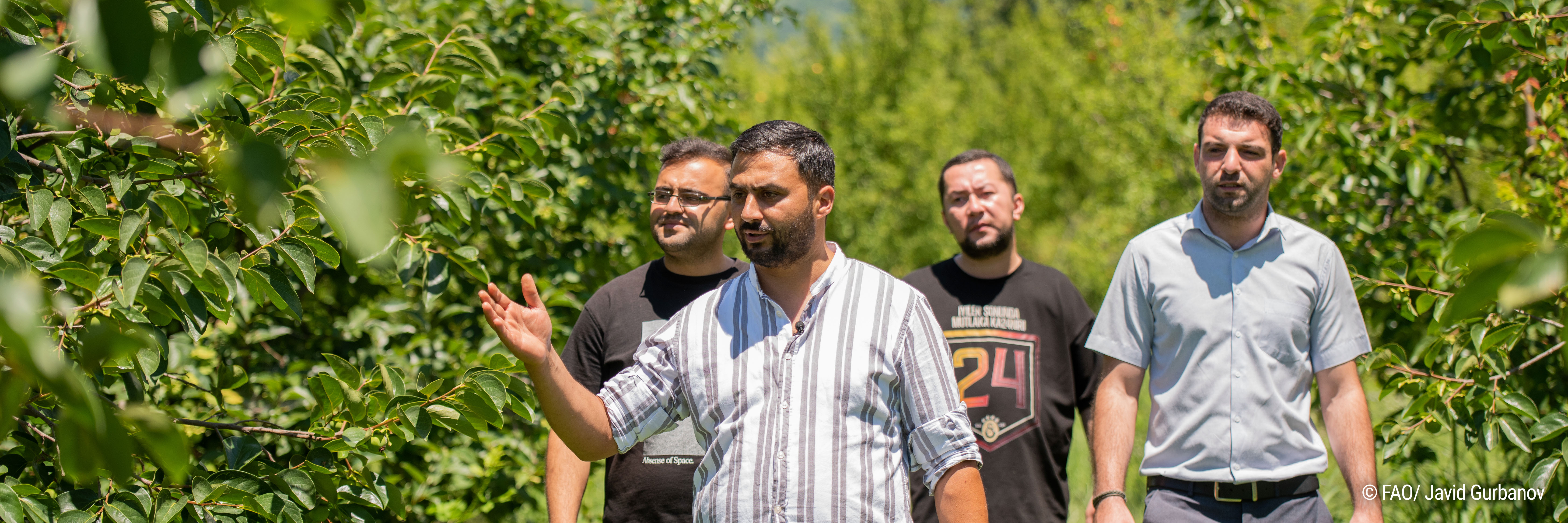
Materials
Concept Note: English
Summary Report: English
2nd United Nations Food Systems Summit Stocktake (UNFSS+4): Global Touchpoint with National Convenors
08:00-09:30 CEST English with interpretation in Arabic, Chinese, and Russian
16:00-17:30 CEST English with interpretation in French and Spanish
The global touchpoint offers National Convenors and government officials a chance to learn more about preparations for the 2nd UN Food Systems Summit +4 Stocktake, including information on the program, opportunities for National Delegations' involvement, and logistical inquiries. National Convenors and other government officials will have space to raise questions and seek recommendations as they prepare their national delegation’s engagement in UNFSS+4. The touchpoint is open for participation by National Convenors and their teams and other government officials, Permanent Representatives to the Rome-based agencies, UN Resident Coordinators, and UN country teams, as well as the broader ecosystem of support.
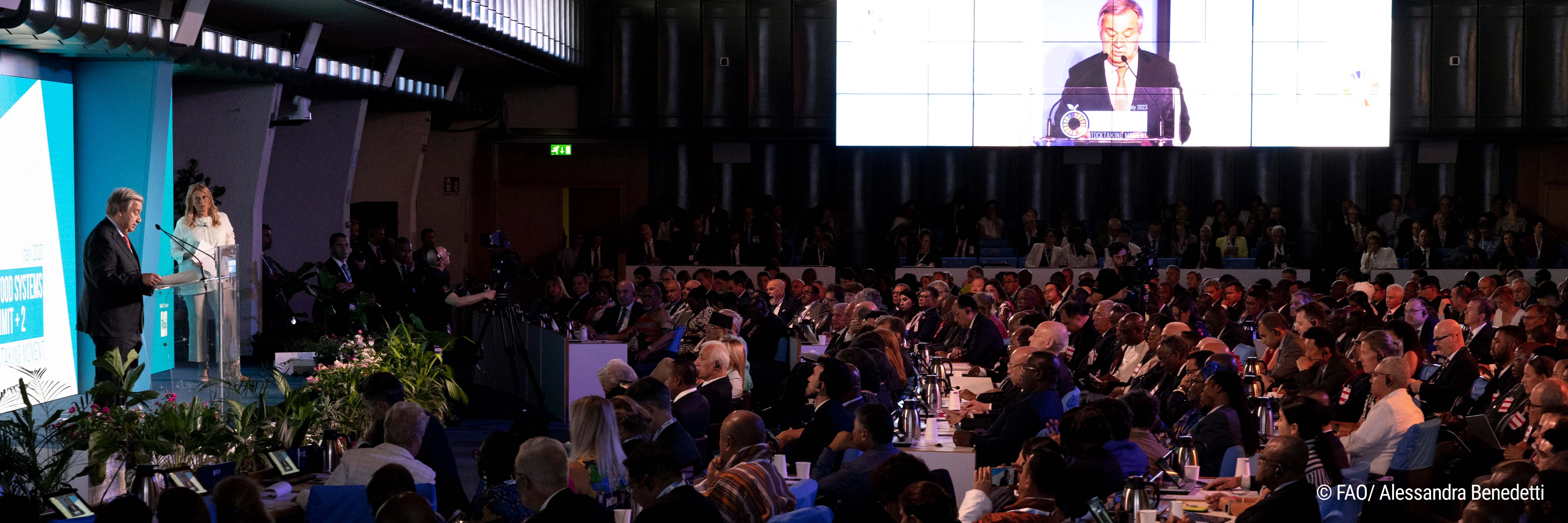
Materials
Concept Note: English
Summary Report: English
Leadership skills for managing complex and polarized stakeholder relations
08:00-09:30 CET English with interpretation in Arabic, Chinese, and Russian
16:00-17:30 CET English with interpretation in French and Spanish
The dialogue aims to support National Convenors in coordinating national food systems processes, ensuring inclusive governance, participatory approaches, innovation, and policy integration. The central role of National Convenors is to bring together a wide range of stakeholders contributing to food systems – stakeholders who come from diverse sectors and organizations and often have conflicting views, interests and priorities. The dialogue will explore the leadership skills and personal qualities that can support National Convenors in fulfilling their role while preserving their resilience and well-being. It will draw on the latest science and emerging initiatives, as well as the experience of National Convenors, representing a rich source of learning and inspiration. This dialogue aligns with the UNFSS+4 objectives of reflecting on progress, strengthening accountability, and unlocking investments for transforming food systems.
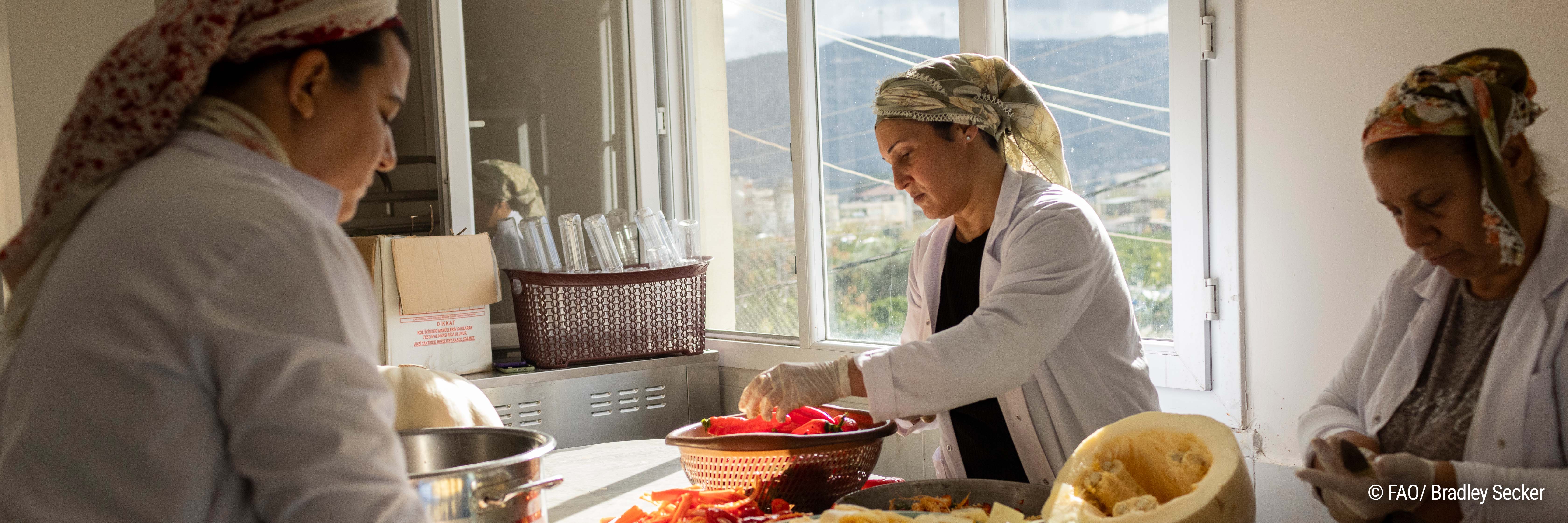
Materials
Concept Note: English
Summary Report: English
Governance for Food Systems Transformation
Governance is critical in ensuring that institutions, legal frameworks, and collective action at all levels lead to the desired transformation of our food systems. Countries vary significantly in the level and nature of governance structures concerning their food systems. These differences stem from diverse cultural, historical, economic, and political contexts. The degree of integration between government bodies, non-governmental organizations, and private sector actors also varies, influencing the effectiveness and inclusivity of food governance systems.
The regional meetings in 2023 and 2024, have revealed that many countries are currently setting up governance arrangements to include all relevant stakeholders, including government sectors, are well as other stakeholders including, parliaments, civil society, businesses, youth, women’s groups, producers/farmers, media, academia, Indigenous Peoples, and local communities, in decision-making processes. Participation in decision-making is key to ensuring ownership across all relevant actors and inclusive implementation of food systems transformation pathways across sectors and territories.
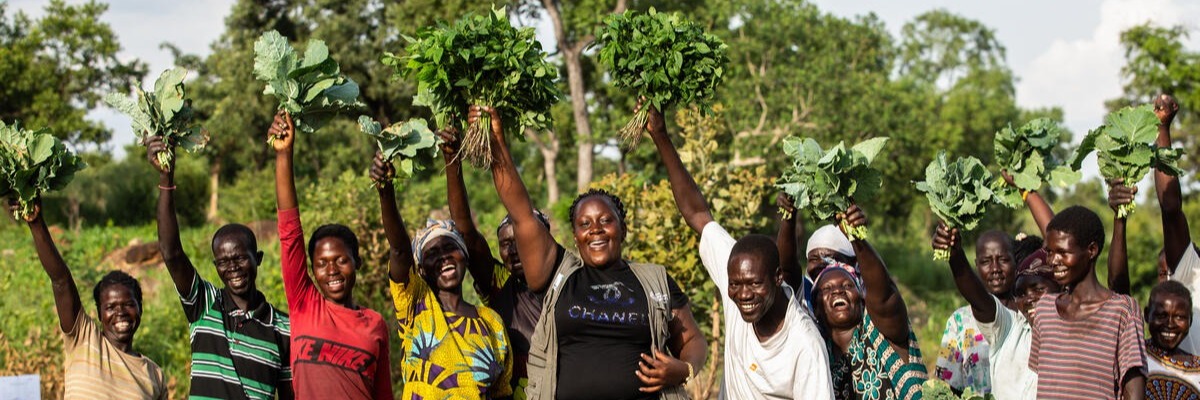
Materials
Concept Note: English
Summary Report: English
Capitalizing on Private Sector Accountability for Food Systems Transformation
08:00-09:30 English with interpretation in Arabic, Chinese and Russian
16:00-17:30 English with interpretation in French and Spanish
The aim is to explore the private sector's role and accountability is supporting the implementation of food systems transformation pathways. The Dialogue seeks to provide insights and facilitate discussions on the private sector's environmental, nutrition, and social equity impacts on food systems. The objectives include examining strategies for innovation, enhancing corporate accountability, and establishing transparent accountability frameworks within food systems and in the context of the UNFSS+4 process. The meeting will build on a technical workshop organized by the Hub in April 2024 that elaborated on the same topic.
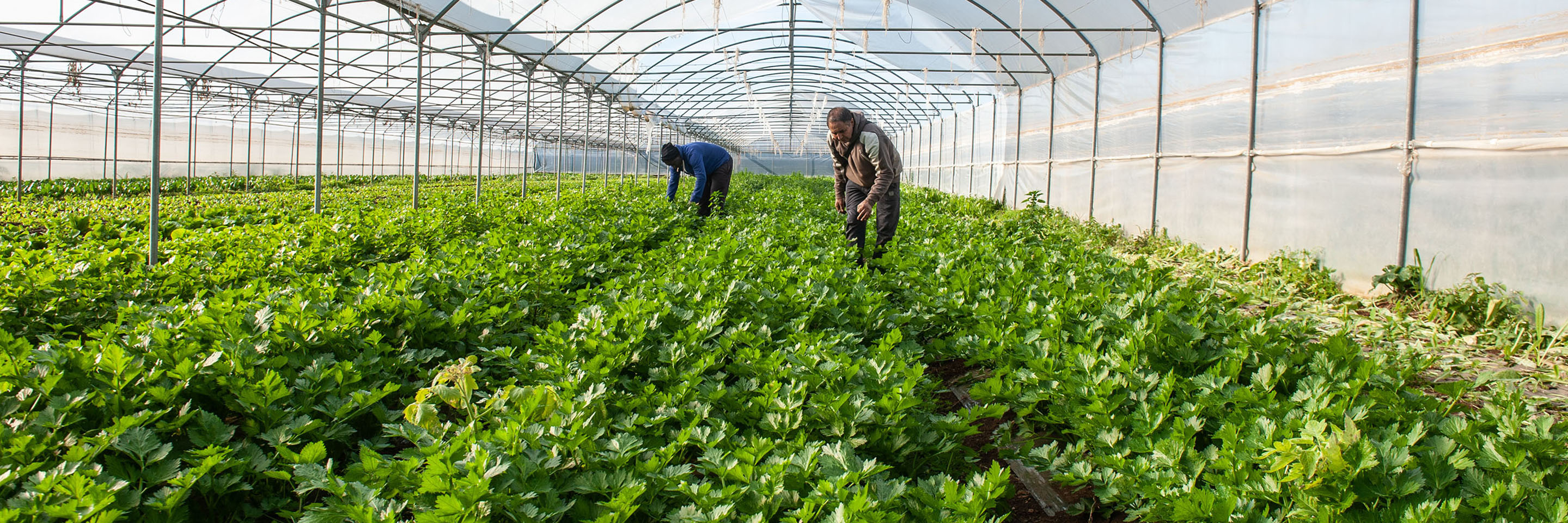
Materials
Concept Note: English
Summary Report: English
Financing Food Systems Transformation to Achieve the SDGs
08:00-09:30 English with interpretation in Arabic, Chinese and Russian
16:00-17:30 English with interpretation in French and Spanish
The dialogue will focus on exploring latest strategic development regarding financing mechanisms essential for transforming food systems to achieve Sustainable Development Goals. Participants will be elaborate on innovative funding approaches and collaborative solutions to address challenges hindering progress toward creating more sustainable and equitable food systems globally. The meeting will also discuss the role of national financing in supporting food systems and how IFIs and private funding support this transformation, ensuring access to short and long-term concessional finance, investments, budget support, and debt restructuring.
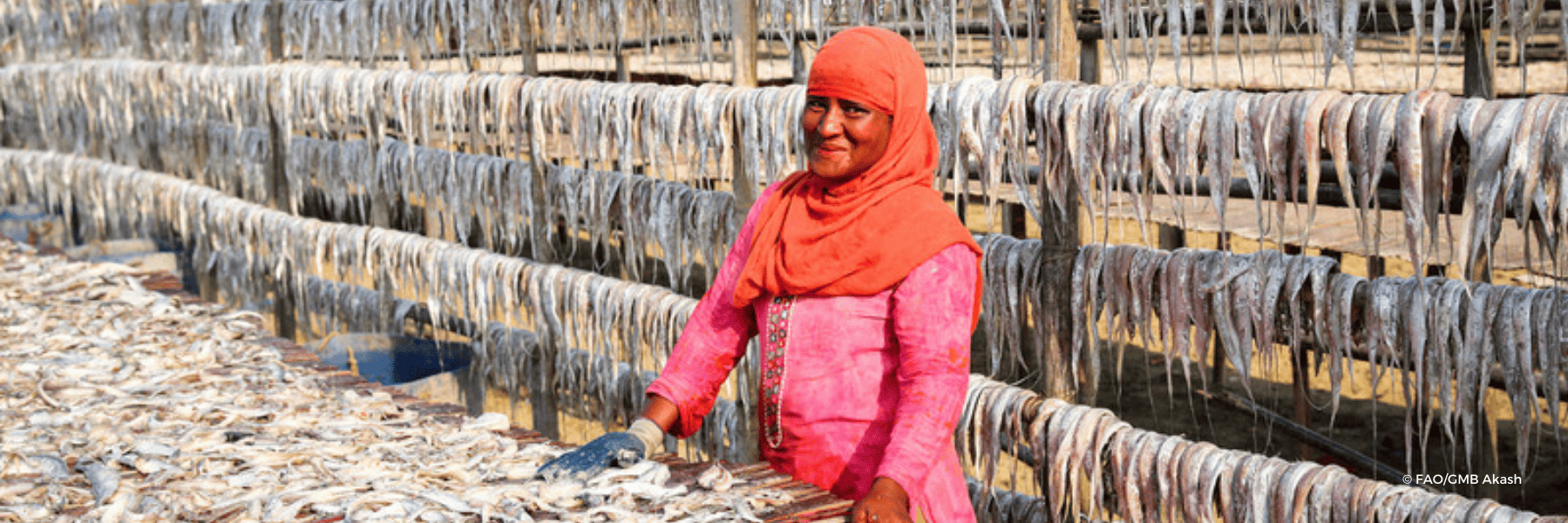
Materials
Concept Note: English
Summary Report: English
Inclusive Participatory Design to Transform Food Systems
08:00-09:30 English with interpretation in Arabic, Chinese and Russian
16:00-17:30 English with interpretation in French and Spanish
Encouraging innovative approaches and collaborative efforts to leverage stakeholders’ potential as agents of change in food systems in an inclusive way. Through collaborative discussions, this Dialogue aims to identify and explore initiatives that foster inclusion, and economic, social, and cultural development tailored to the national needs and country-specific contexts.
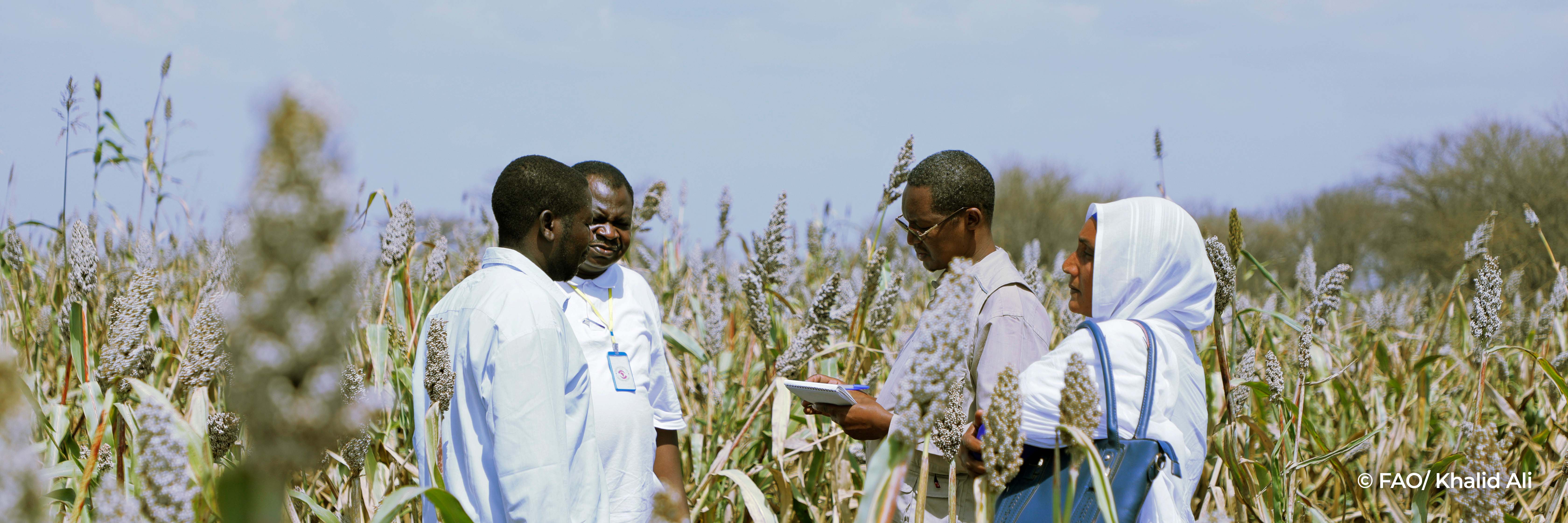
Materials
Concept Note: English
Summary Report: English
Catalyzing Climate Action for Transformative Food Systems
08:00-09:30 English with interpretation in Arabic, Chinese and Russian
16:00-17:30 English with interpretation in French and Spanish
This Dialogue will explore innovative strategies and practices to address the intersection of climate action and food systems transformation. The dialogue will delve into sustainable practices, resilient agricultural approaches, and collaborative initiatives, including the Hub’s Convergence Initiative, aimed at fostering a holistic response to the climate challenges within the realm of food systems.
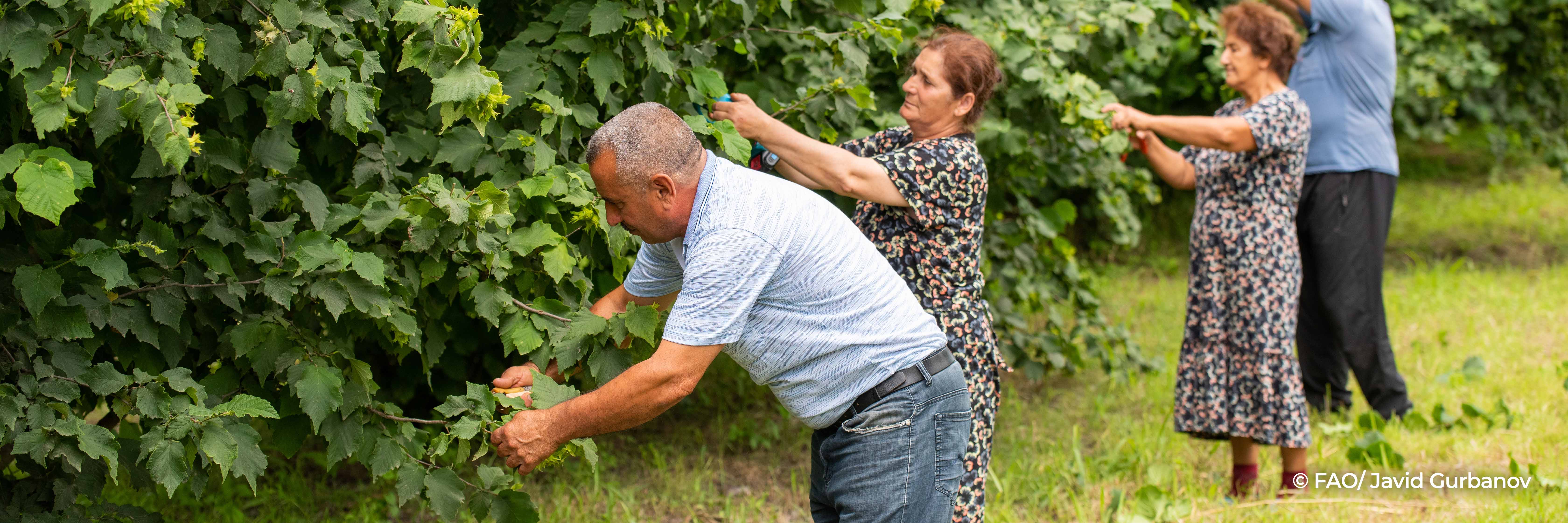
Materials
Concept Note: English
Summary Report: English
Global Touchpoint with National Convenors: Review of UNFSS work of 2024 and preparing for 2025
08:00-09:30 CEST English with interpretation in Arabic, Chinese and Russian
16:00-17:30 CEST English with interpretation in French and Spanish
The Hub hosted a Global Touchpoint with National Convenors to provide updates on the work coordinated by the Hub and to have an initial discussion on expectations for the 2nd UN Food Systems Summit Stocktaking Moment (UNFSS+4) in 2025. Key updates included the Convergence Initiative, the Youth Leadership Programme, Financial Flows to Food Systems (3FS), the Food Systems Window of the UN Joint SDG Fund, and ongoing support for national pathway operationalization.
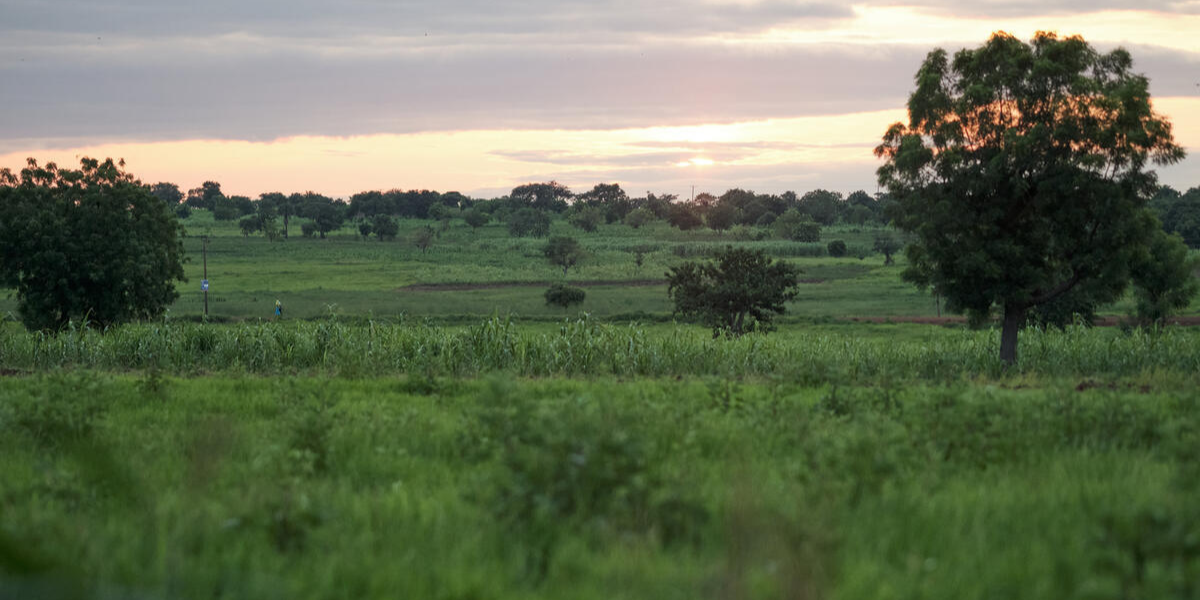
Materials
Concept Note: English
Presentation: English
Summary Report: English
Dialogue of Food Systems National Convenors with the FAO Director-General
The UN Food Systems Coordination Hub (the Hub) convened a dialogue between the Food Systems National Convenors and the Director-General of the Food and Agriculture Organization of the United Nations (FAO), Dr. Qu Dongyu. The purpose of the dialogue was to consolidate understanding of the priorities for the work of the Hub in 2023. Participants included National Convenors and their teams, other government food system focal points, as well as the UN agencies supporting the Hub.
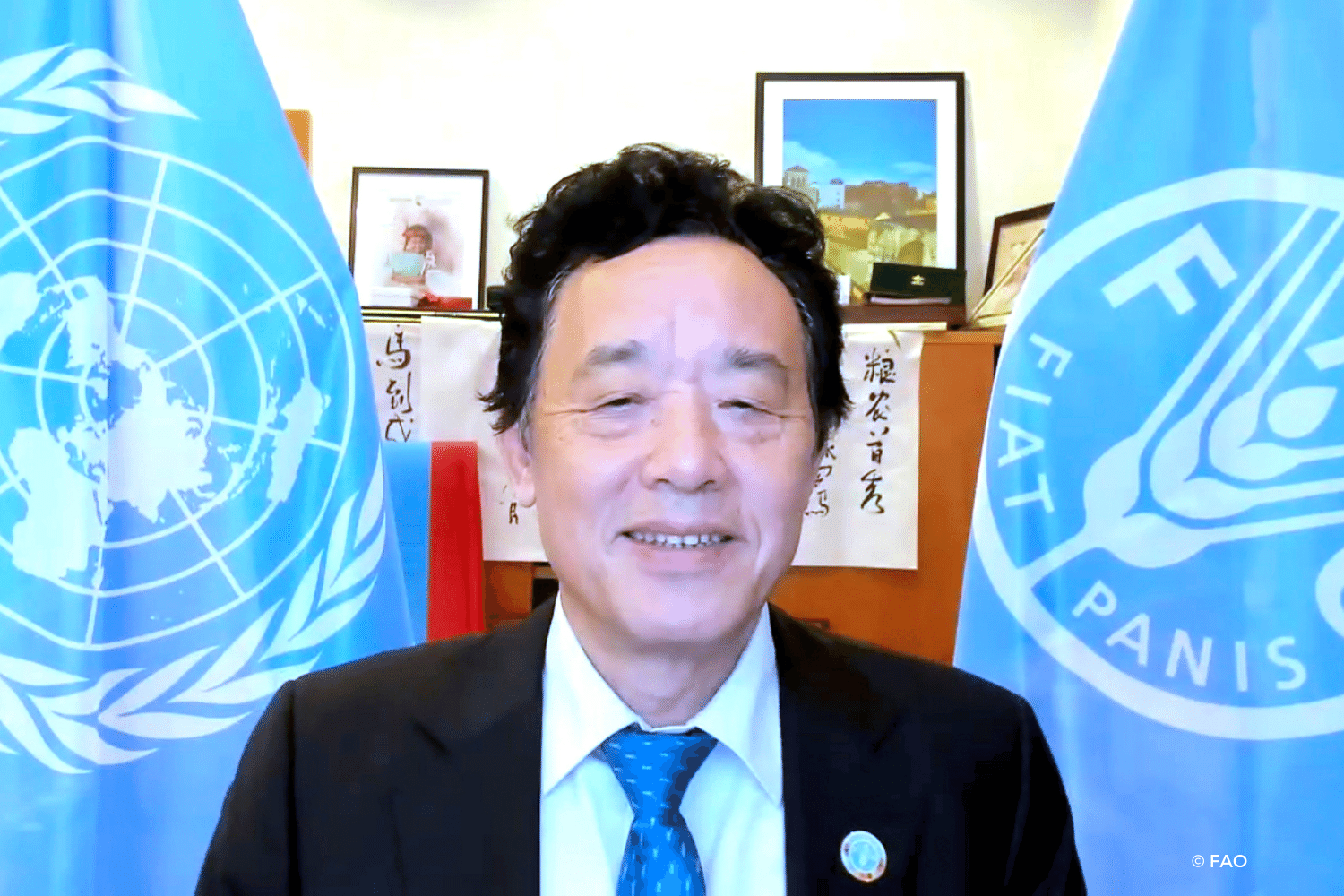
Materials
Concept Note: العربية | 中文 | English | French | Русский | Español
Summary Note: العربية | 中文 | English | French | Русский | Español
Planning for the UN Food Systems Summit +2 Stocktaking Moment
The first Food Systems Solutions dialogue of 2023 was dedicated to a briefing on preparations for the UN Food Systems Summit +2 Stocktaking Moment in July. Director of the UN Food Systems Coordination Hub, Stefanos Fotiou, highlighted the efforts underway at a national level, to support countries accelerate the design and implementation of national pathways, and at the regional level, with a series of regional preparatory meeting being held to gather countries' views and capture recommendations.
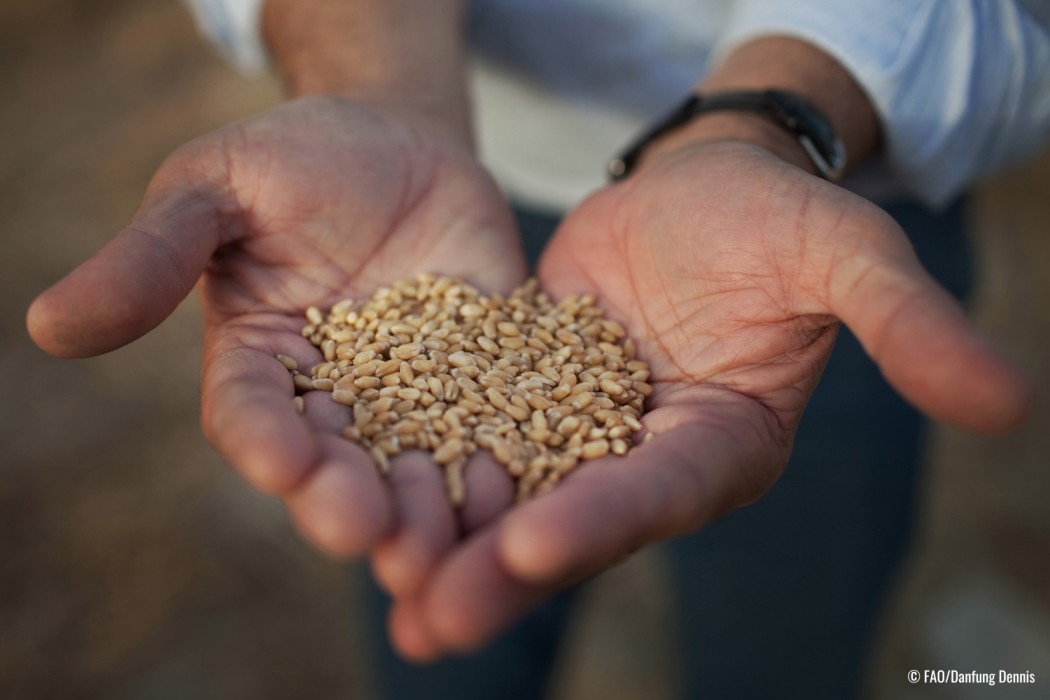
Materials
Concept Note: English
Meeting Presentation: English
Summary Note: English | French
Financing food systems transformation
Financing for food systems transformation is the first area of support requested by countries. In addition to resources, countries have requested data and tools to inform allocations to food systems. As co-leads of the financing agenda for food systems transformation, IFAD and the World Bank presented the products under development to support countries to operationalize a new Food Finance Architecture.
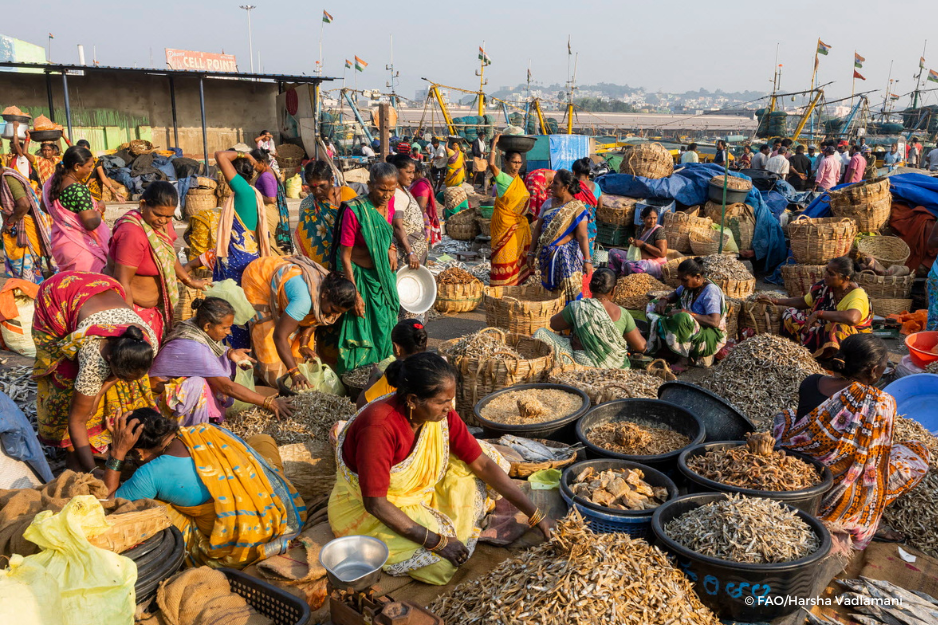
Materials
Concept Note: English
Summary Note: English
Building multi-stakeholder collaboration
As part of the follow-up process to the Food Systems Summit, the Hub has established the Stakeholder Engagement and Networking Advisory Group (SENA Group) with representatives from Youth, Women, Indigenous Peoples, Producers and Private Sector. The objectives of the SENA Group are to facilitate stakeholder interaction and communication, provide technical advice for participatory consultation methods, help identify opportunities for action and critical gaps, promote inclusiveness and transparency, activate existing networks, and act as thought leaders to disseminate core messages from major stakeholders. In this Dialogue, members of the SENA Group highlighted critical priorities for the Stocktaking Moment from a diverse range of perspectives.
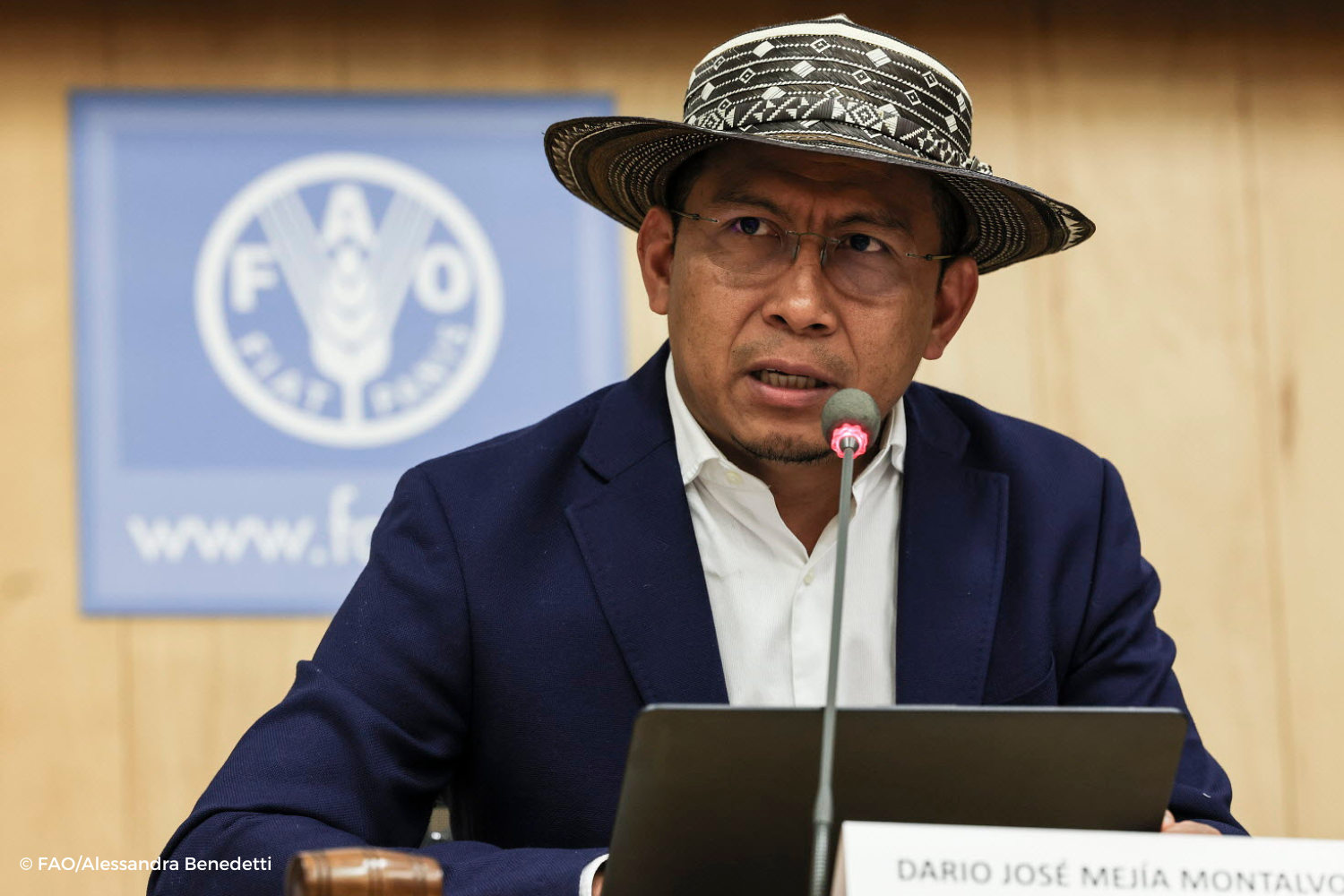
Materials
Concept Note: English
Summary Note: English
Building Resilience
Across the globe, conflict and fragility are on the rise. Resilient food systems are able to provide safe and affordable healthy diets to all – even in the face of structural vulnerabilities, shocks and stressors. To enable more resilient food systems, governments and partners aim to enhance the understanding of the context-specific risks and vulnerabilities of local and national food systems, incorporate these considerations into national policies and plans, and move towards action at the national and local levels.
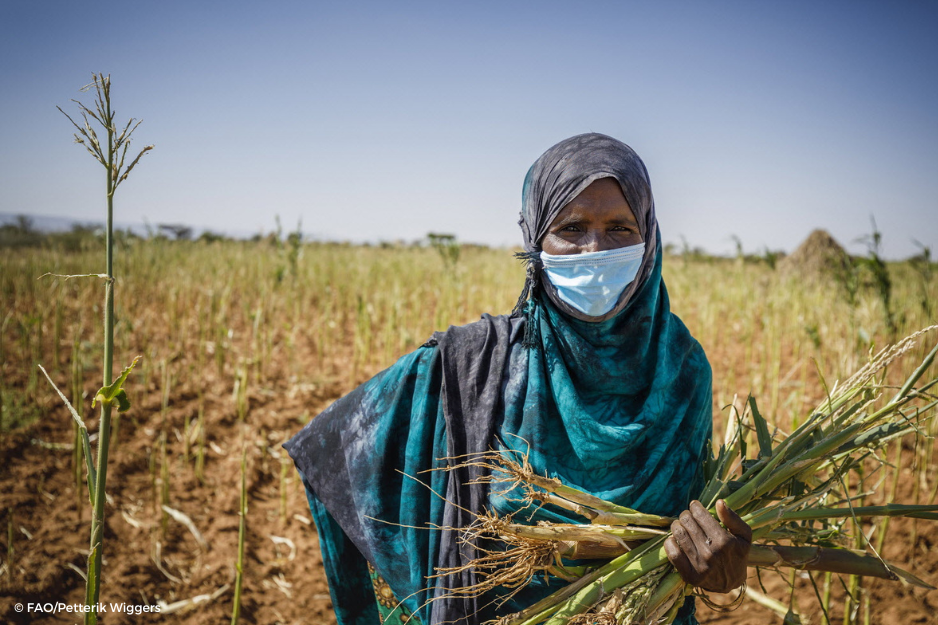
Materials
Concept Note: English
Summary Note: English
Standards and Labels for Sustainable Food Systems Transformation
Food labelling is an effective tool to protect consumer health, as it enhances food safety, nutrition, and environmental protection. With growing global trade, there is an increasing need for trusted methods to ensure that food labels serve their purpose. In this webinar, participants will learn about how countries and international organizations collaborate to ensure that food labels are enablers for sustainable food systems.

Materials
Concept Note: English
Watch the webinar: English
Window of the Joint SDG Fund
The session presented the work in progress in incubating a Joint SDG Fund window on food systems transformations in response to financial support needs expressed in the Country Needs Survey (February 2022) and seek National Convenors’ feedback on the overall direction of the strategy, as well as priority topics for a first funding round in the context of the Stocktaking Moment.
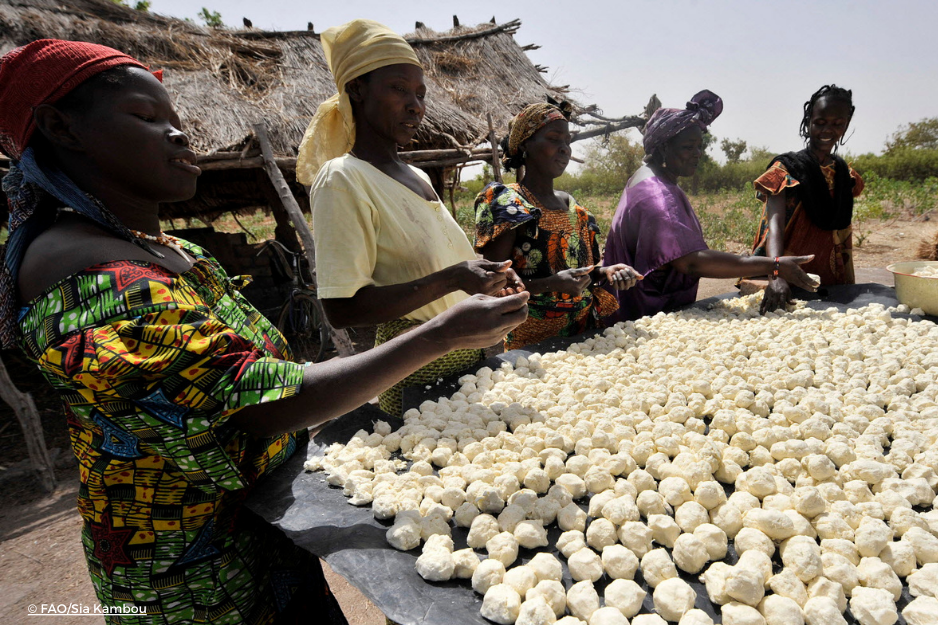
Materials
Concept Note: English
Summary Note: English
Regional Touch Points
These regional discussions, held from the 22-26 May, reviewed the status of preparations for countries' participation in the UN Food Systems Summit +2 Stocktaking Moment, to be held 24-26 July 2023.
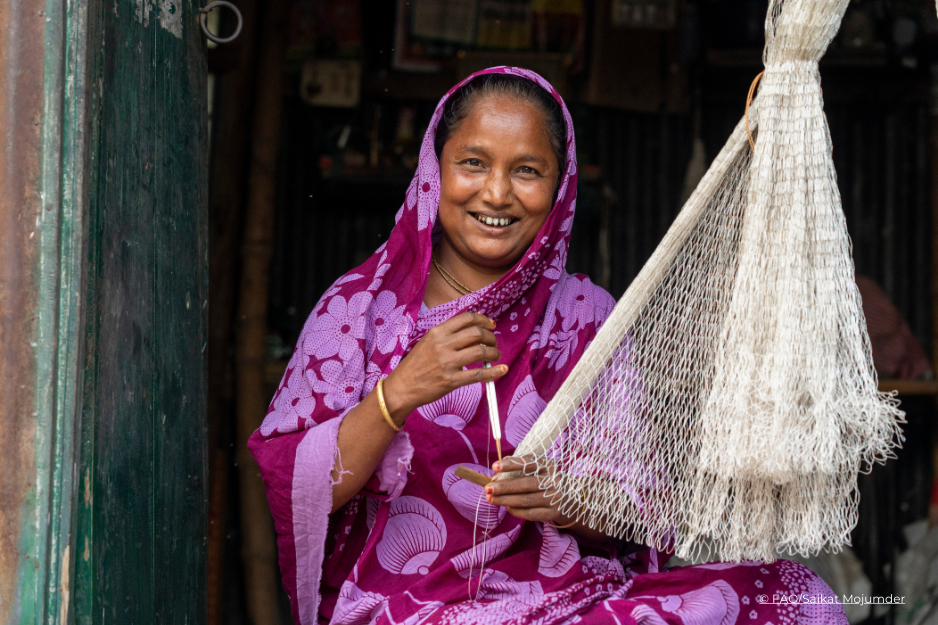
Materials
Meeting Presentation: English
Planning for food systems transformations - Science, Technology and Innovation
The session brought together food systems National Convenors and country representatives with the Science Ecosystem of Support and to discuss country's needs for science-based policies on food systems transformation as well as the question of how the “Scientific Advisory Committee” of the Hub can support the implementation of food systems transformation.
.jpg?sfvrsn=5b5da402_1)
Materials
Concept Note: English
Summary Note: English
Transforming Food Systems for Planetary Health
This webinar explored the value of food systems transformation for public and environmental health, focusing on the areas of conflict and pandemic prevention, nature conservation, food security, and social equity. It included a focus on country-led examples of One Health plans and planetary health applications, from Finland and Malaysia, while expanding the importance of food systems for healthier people and the planet.
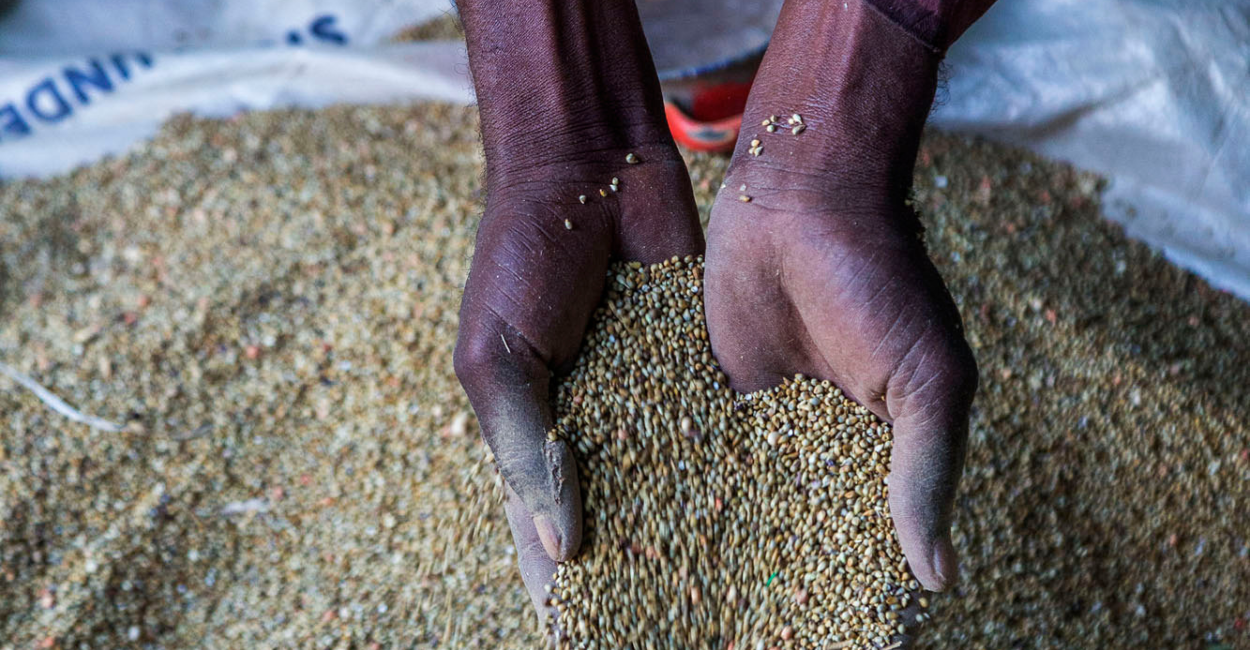
Materials
Concept note: English
Watch the webinar: English
Learning for food systems transformation: Gender Mainstreaming
Led by the Coalition of Action Making Food Systems Work for Women and Girls, this Dialogue focused on the linkages between gender equality and food systems transformation. The coalition brings forward the work of the UN Food System Summit - Gender Lever and cluster working groups to foster the implementation of gender and food systems actions in national food systems transformation pathways - as gender equality and women’s empowerment are central to the transition towards sustainable and resilient food systems.
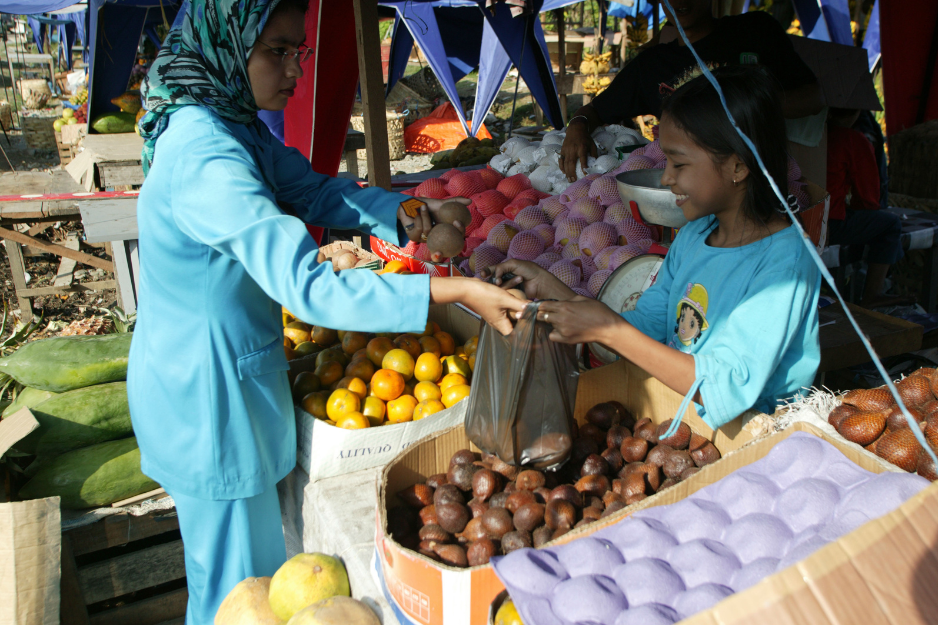
Materials
Concept Note: English
Summary Note: English
UN Food Systems Summit +2 Stocktaking Moment: Global Touchpoint with National Convenors
The touchpoints offered National Convenors and government officials a chance to learn more about preparations for the UN Food Systems Summit +2 Stocktaking Moment, including information on the program, opportunities for National Delegations' involvement, and logistical inquiries. The touchpoint also allowed the Hub to explain how the 101 Voluntary Progress Reports and numerous good practices received informed the Report of the UN Secretary-General on food systems transformation.

Materials
Concept Note: English
Fostering Synergies Between Climate Action and Implementation of Food Systems National Pathways Towards COP28
At the UN Food Systems Summit +2 Stocktaking Moment, the UN Food Systems Coordination Hub and COP28 Presidency highlighted their strategic partnership to promote food systems as a key driver for achieving the SDGs and Paris Agreement targets. A significant element of this partnership involves securing the commitment of Heads of State and Governments attending COP28 to sign the first-ever Leaders Declaration on the food systems and climate nexus, marking a historic commitment to address these issues on a global scale. The purpose of this Dialogue was to update National Convenors and government representatives on the progress of the COP28 Food Systems and Agriculture Agenda, including information on the Leaders Declaration, and to gather input from participants on enhancing synergies between climate action and food systems transformation in the Declaration.
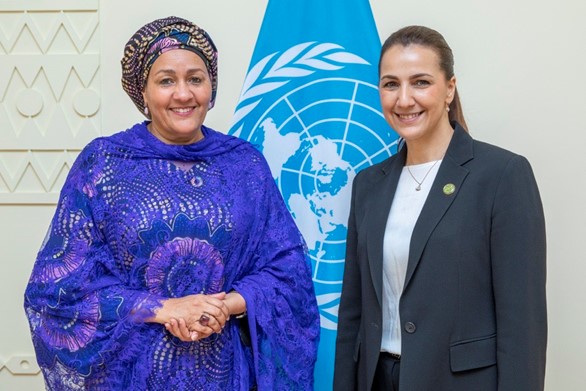
Materials
Concept Note and Agenda: العربية | 中文 | English | French | Русский | Español
Summary Note: العربية | 中文 | English | French | Русский | Español
Applying Systems Thinking for Food Systems Transformation
Systems thinking is essential for long-term action for the SDGs. In this webinar, panelists explored the nexus approach, highlighting how the transformation of food systems can accelerate solutions for water, healthy soils, climate change and biodiversity.
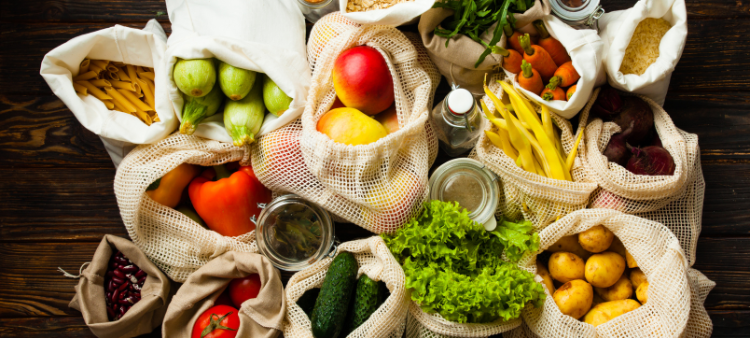
Materials
Concept Note: English
Watch the webinar: English
Regional Touch Points: Food Systems and Climate Action Convergence Initiative
The UN Food Systems Coordination Hub organized five regional touchpoints to introduce the Food Systems and Climate Action Convergence Initiative, developed in partnership between the Hub, the COP28 Presidency and 4SD. These touchpoints served as a platform for Convenors to collaborate on providing inputs to the Convergence Initiative, aiming to address the challenges of food systems transformation and climate action while supporting the acceleration of the Sustainable Development Goals (SDGs).
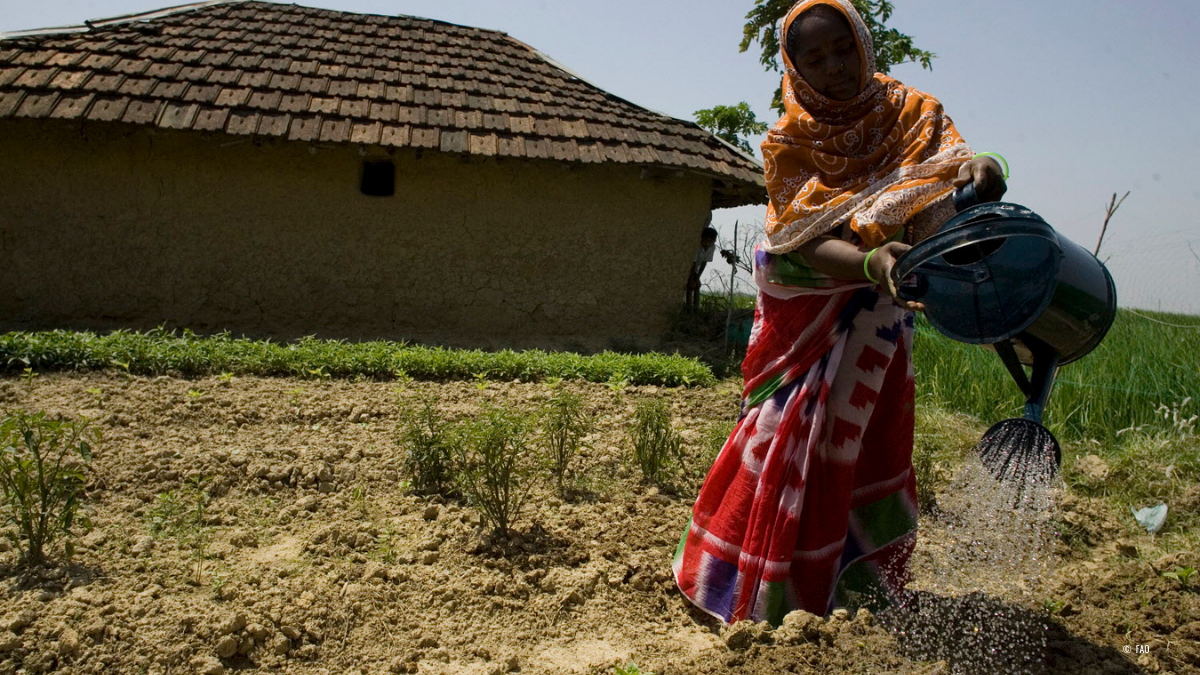
Materials
Concept Note: العربية | 中文 | English | French | Русский | Español
Summary Note: العربية | 中文 | English | French | Русский | Español
Innovating for Sustainable Food Systems Transformations | Scaling Success Stories Beyond Technology
Innovation goes beyond technology. It must incorporate social, economic, institutional, behavioral and organizational processes that facilitate integrative policies, business models and sustainable financing. This webinar will present success stories to illustrate how a broader definition of innovation must be used to advance equitable and sustainable food systems transformation.
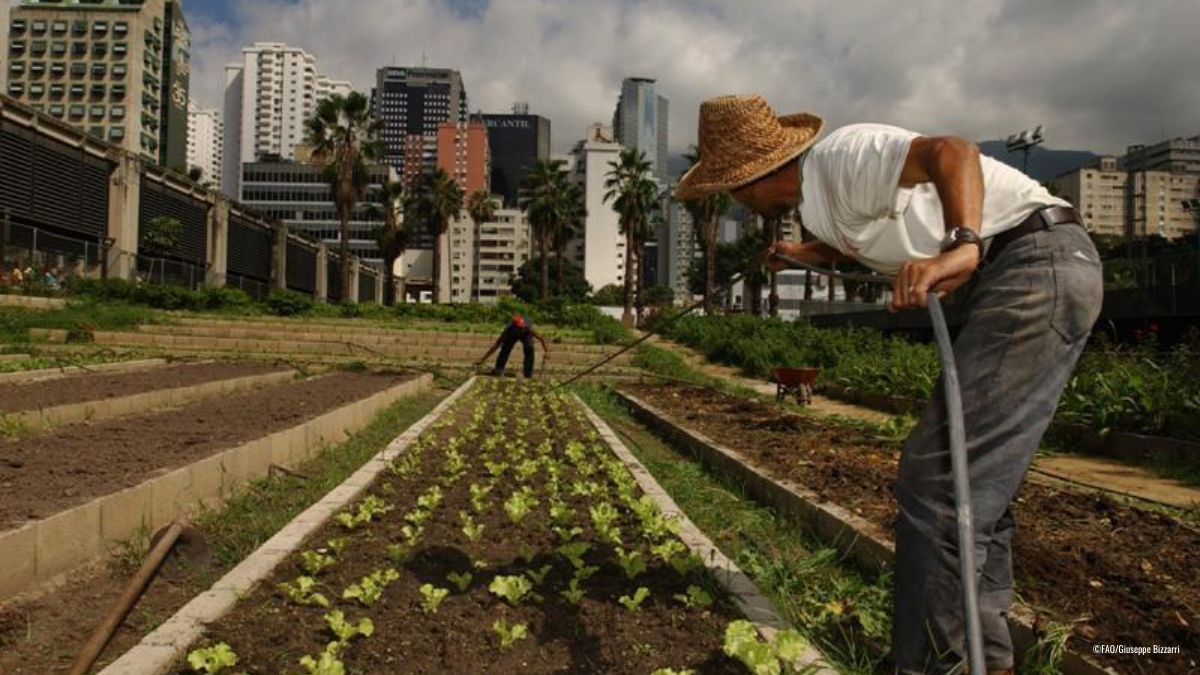
Materials
Concept Note: English
Watch the webinar: English
Planning for food systems transformation
This dialogue aimed to establish the operational link between the UN Food Systems Coordination Hub, National Convenors and UN Country Teams. Within this session, the Hub presented its Biennial Work Plan, key functions and team members responsible for each function. The session then focused on refining a shared understanding of immediate needs and requests from National Convenors, and discussing the possible food impact of the conflict in Ukraine on the implementation of the National Pathways.
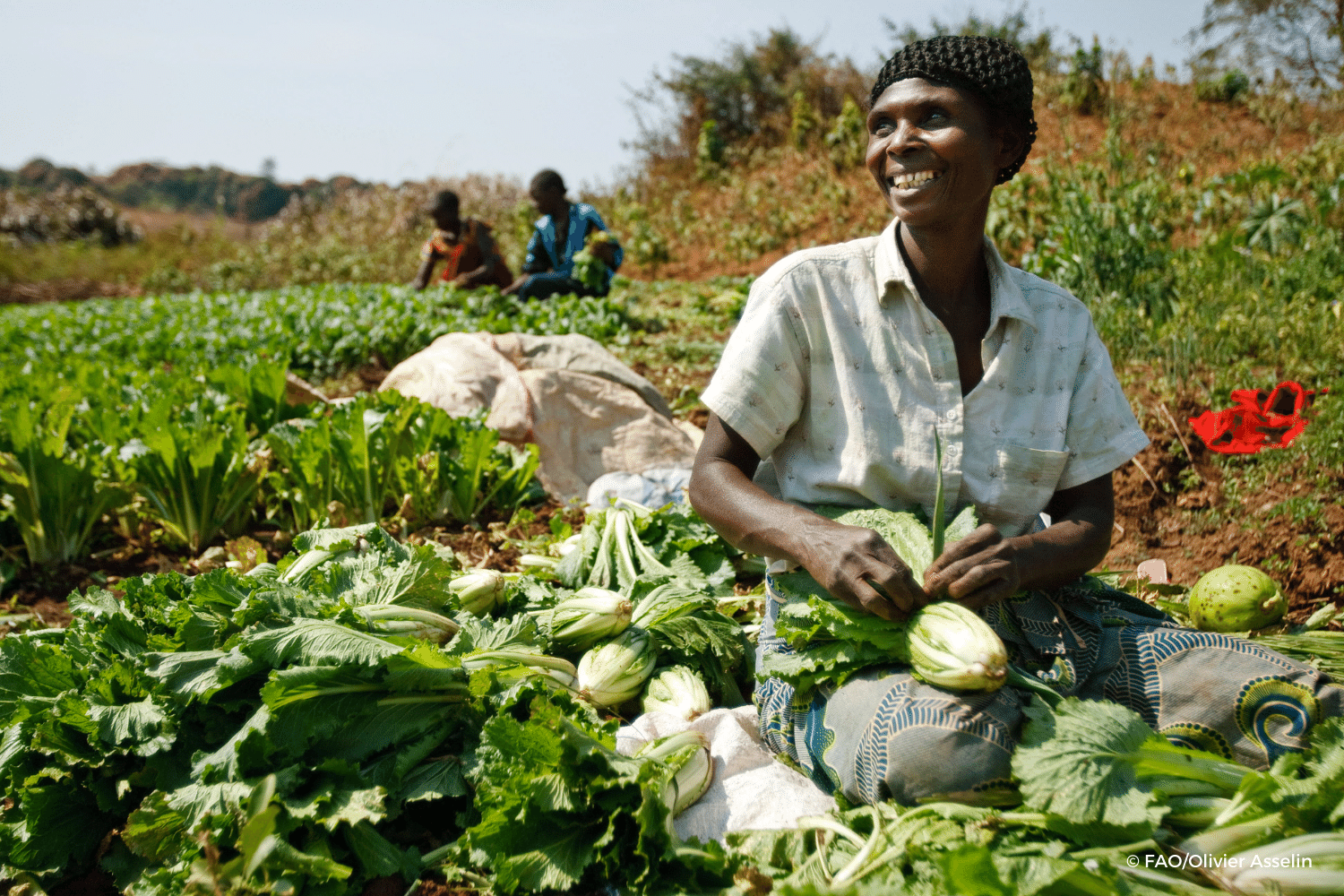
Materials
Agenda: English
Financing food systems transformations – Global opportunities and local needs
The objective of the dialogue was to highlight and discuss opportunities to target and scale up financing for food systems transformation in countries. Finance is both a driver of food system inefficiencies and a vital ingredient to their transformation. The vision for a New Food Finance Architecture released during the Food System Summit identifies the actions areas that governments and the global community must embrace to mobilise private finance and optimise public finance to transform food systems, as well as shift investment practices towards more sustainable, equitable, resilient and profitable business models. The International Fund for Agricultural Development (IFAD) and the World Bank are co-leading the post-summit work on Food Finance in collaboration with the UN Food Systems Coordination Hub.
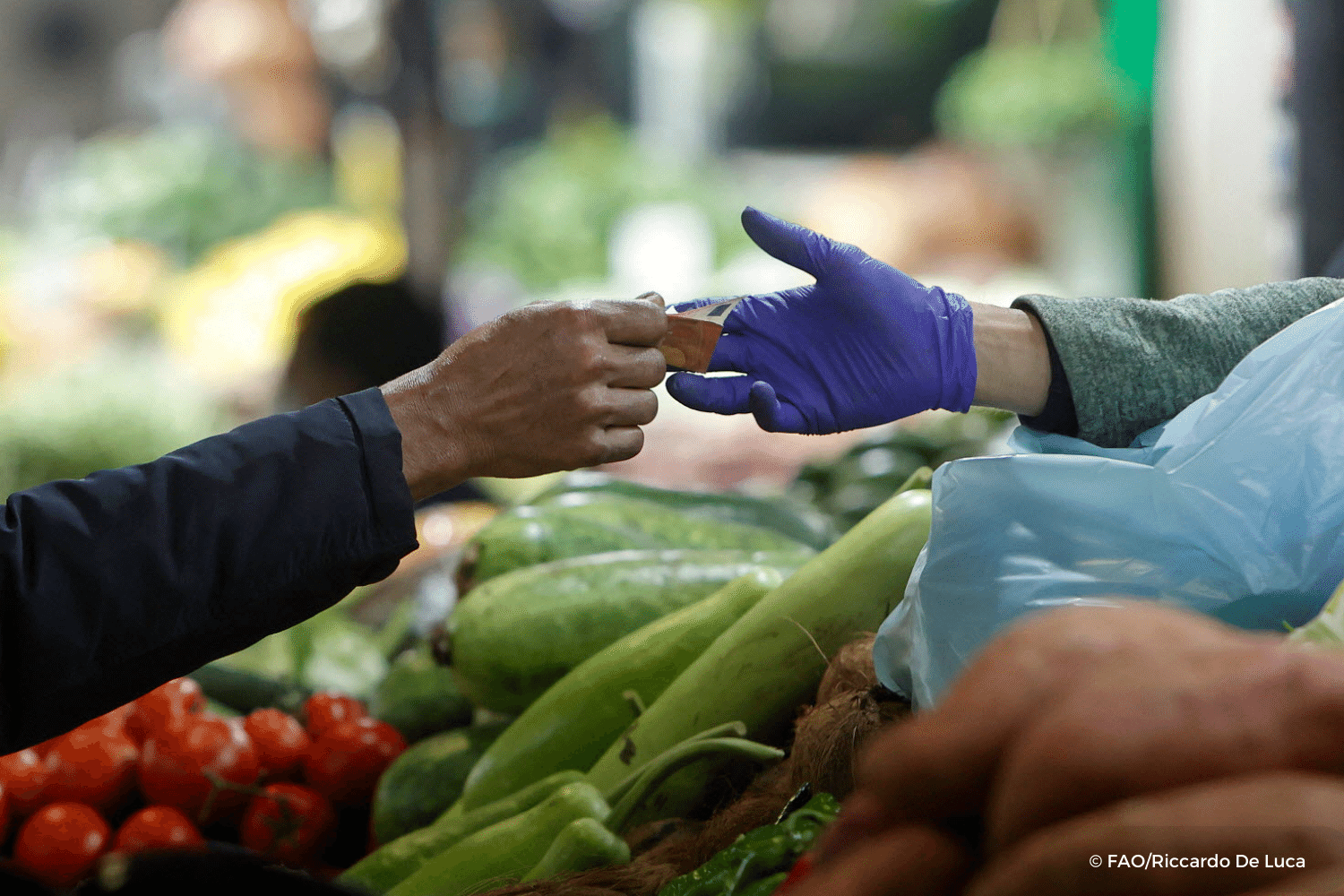
Materials
Concept Note and Agenda: English
Summary Note: العربية | 中文 | English | French | Русский | Español
Presentation on Food Financing: English
Brainstorming with Food Systems Coalitions
How can we create synergies to effectively serve countries transforming their food systems?
Led by the UN Food Systems Coordination Hub, this session convened coalition focal points and representatives of their lead agencies and organizations. It focused on identifying the added value that joint work between the Hub and the coalitions could provide to the countries on transforming their food systems.
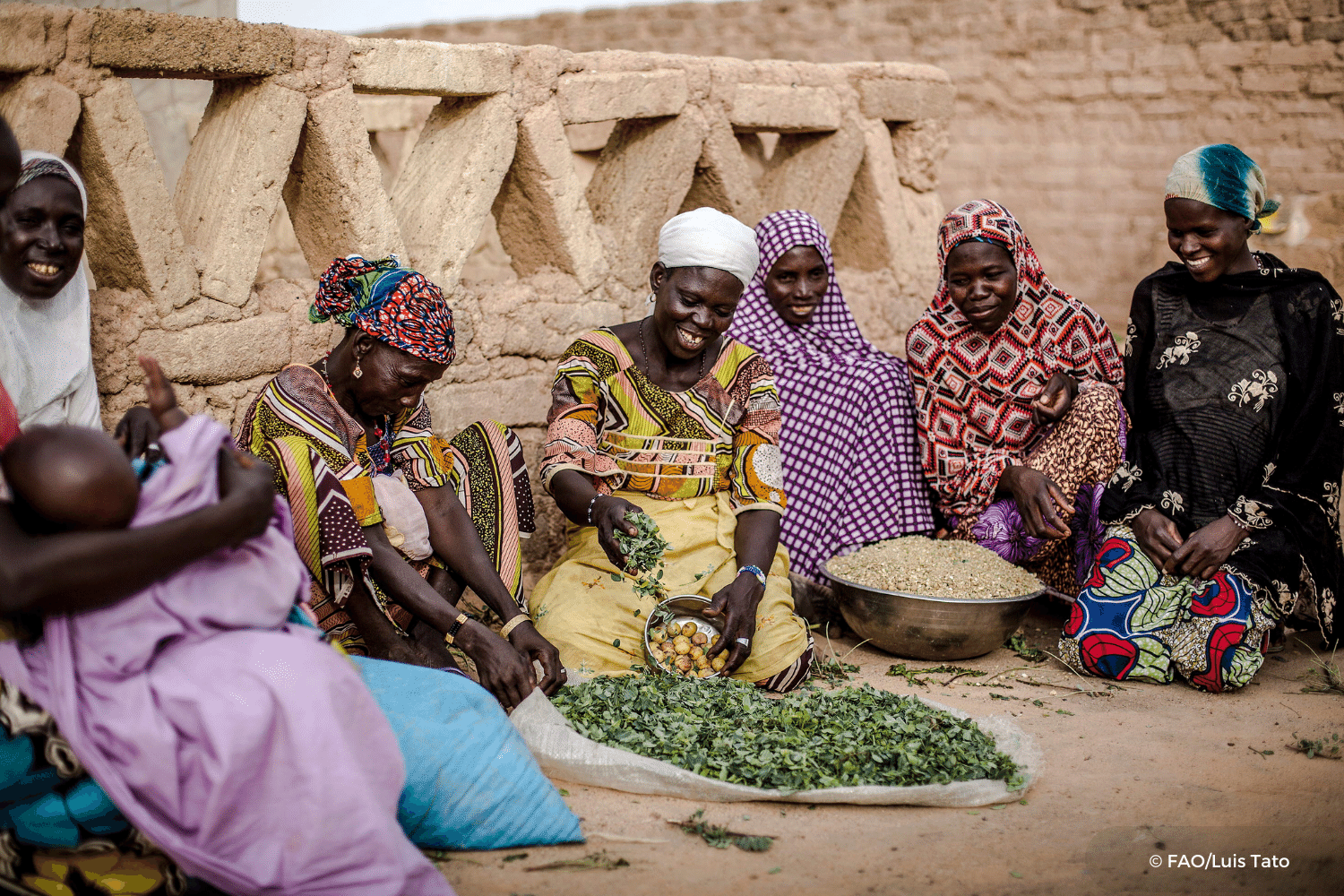
Materials
Concept Note and Agenda: English
Summary Note: English
Presentation: English
Engaging for food systems transformations – Coalitions of Action
Collective initiatives such as the Coalitions of Action emerged from the Food Systems Summit and are in different stages of development, organization and level of activity. The Hub, as defined in its Work Plan, will connect coalitions and help identify overlaps, complementarities and opportunities for joint action, as well as connect coalitions with countries for accelerating food system transformative actions. This session focused on connecting coalition leads and National Convenors, exploring what coalitions offer and how Convenors can make the best of their country’s engagement in coalitions.
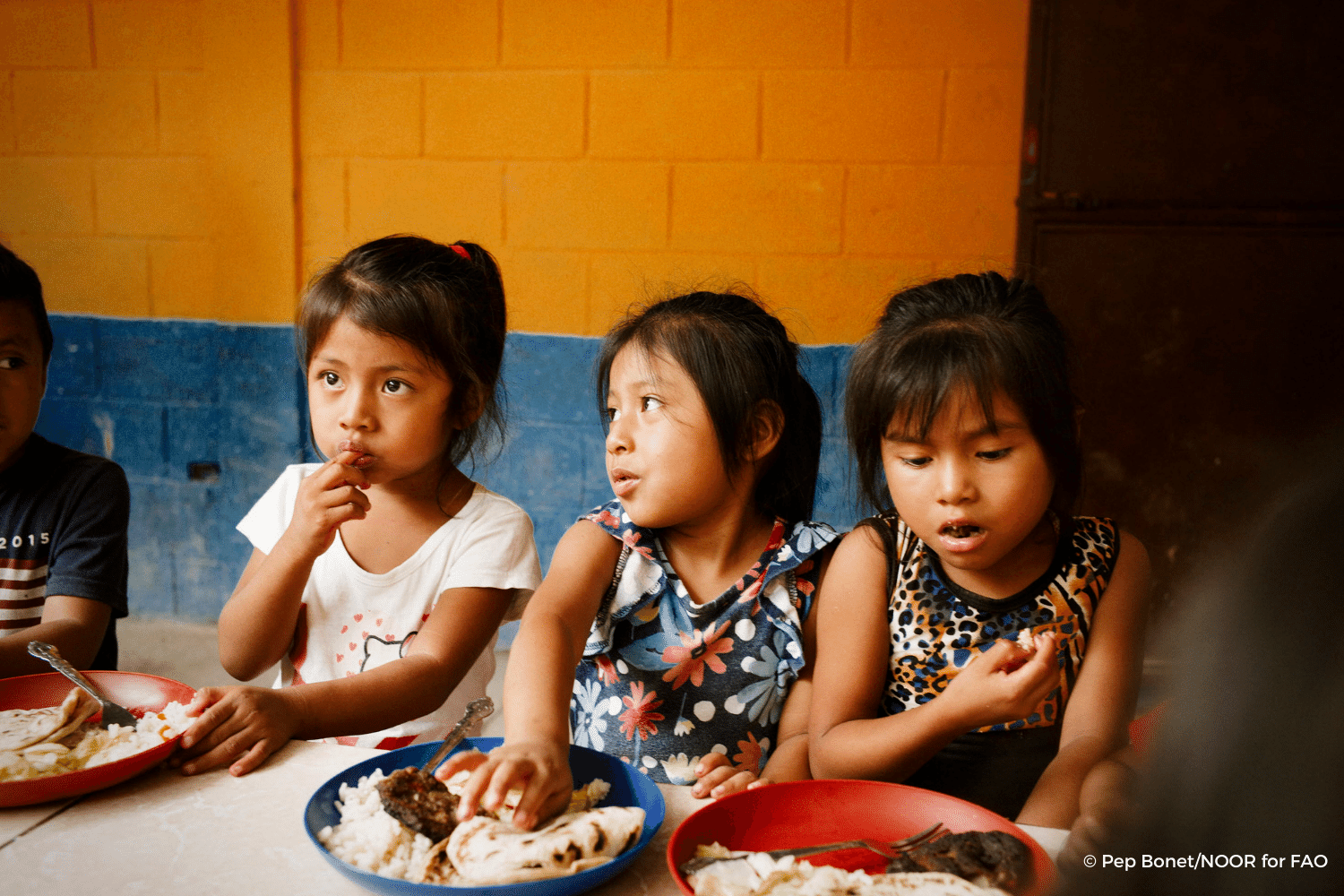
Materials
Concept Note and Agenda: English
Summary Note: العربية | 中文 | English | French | Русский | Español
Presentation: English
Regional Touch Point - Adapting to shocks in food, energy and finance systems
The UN Food Systems Coordination Hub, together with the FAO Office of the Chief Economist and the Food Workstream of the UN Secretary-General’s Global Crisis Response Group, convened a series of five regional dialogues with the participation of 60 convening teams. Participants discussed the shocks (COVID-19, climate change and conflict) that are affecting national food systems and contributing to challenges faced by food producers, especially those with smallholdings, and by poorer people who cannot access sufficient nutritious food.
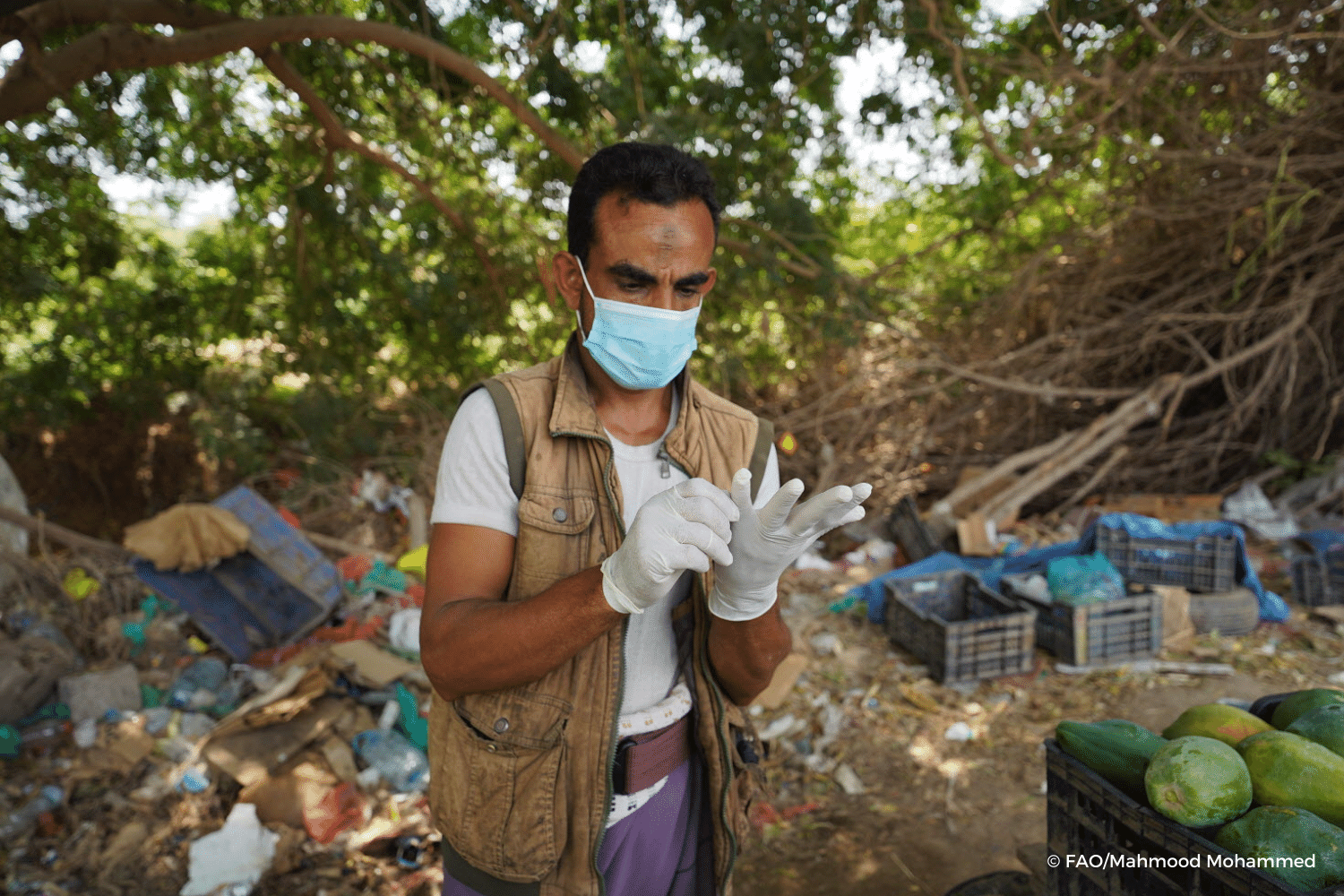
Materials
Concept Note: العربية | 中文 | English | French | Русский | Español
Summary Note: العربية | 中文 | English | French | Русский | Español
Learning for food systems transformation – Governance, policies and institutions
This dialogue discussed how law, regulations and institutions could support food systems transformation. The session highlighted how food systems transformation can be governed in effective, inclusive, and transparent ways – empowering existing institutions to become more supportive of food systems transformation. The dialogue was framed by a panel where colleagues from the International Development Law Organisation (IDLO) reflected on “the rule of law approaches to enhance good governance for food systems transformation” and a country example on “multistakeholder-based accountability reporting framework in Sweden” was also presented.
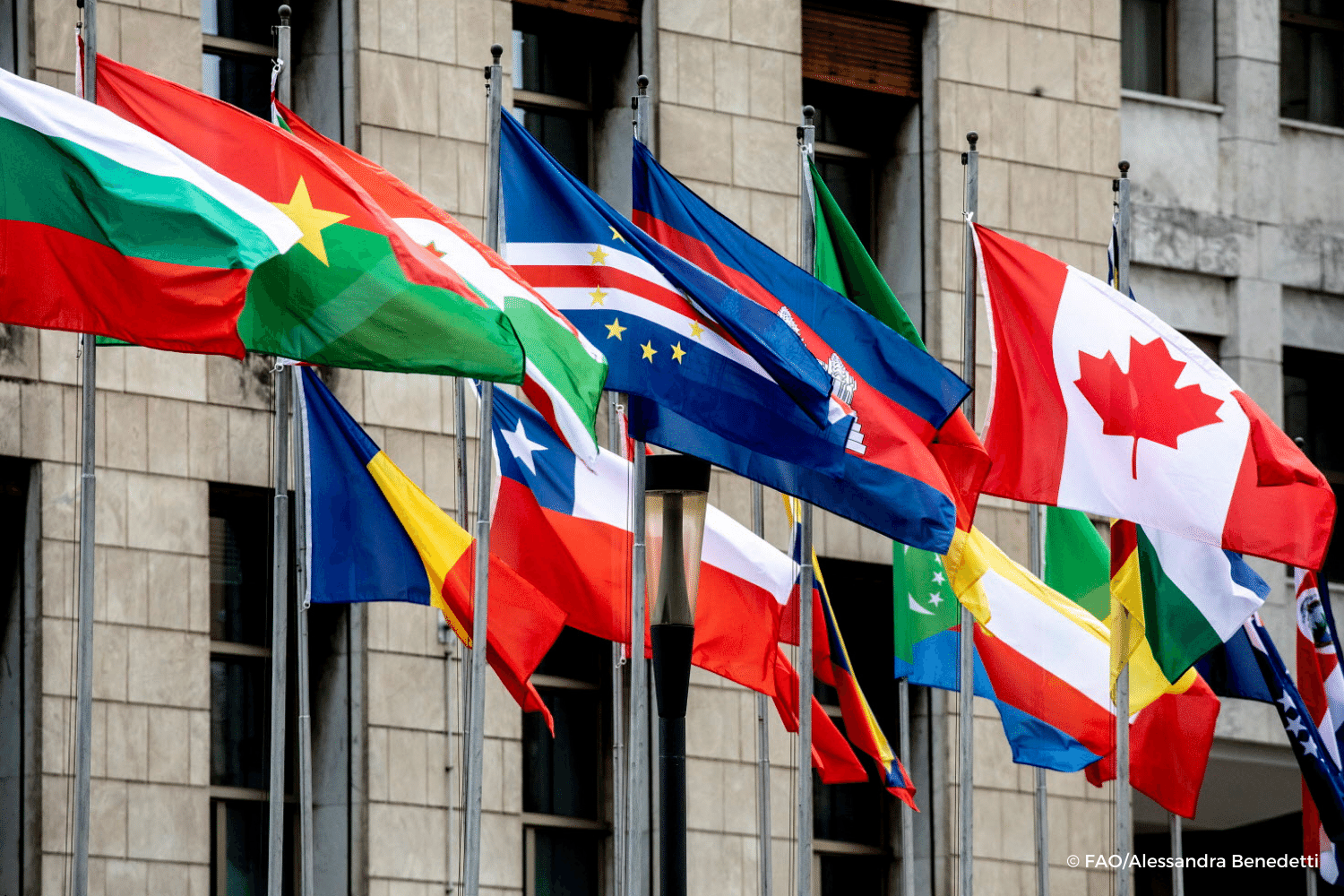
Materials
Summary Note: العربية | 中文 | English | French | Русский | Español
IDLO Presentation: English
Learning for food systems transformation – Complementarities to accelerate the Climate Paris Agreement
This dialogue focused on discussing the place of food systems transformation in the climate agenda in the run-up to the 2022 UN Climate Change Conference (COP 27). Guiding questions encouraged a reflection on how food systems transformation can be incorporated into Nationally Determined Contributions (NDC) to support climate mitigation and adaptation, as well as main expectations regarding the role of food systems at COP 27.

Materials
Summary Note: العربية | 中文 | English | French | Русский | Español
The Global Alliance for the Future of Food Presentation: English
Financing food systems transformations – Roles of the private sector
This dialogue discussed how the private sector can be an actor of food systems transformation, what country level mechanisms support scaled-up private sector investments, and how these can be enhanced. Representatives from FAO, WFP, and IFAD presented how each organisation is mobilizing the private sector to accelerate positive transformations towards more resilient and sustainable food systems and National Convenors shared their experiences engaging with the private sector for the implementation of national pathways for food system transformation.

Materials
Summary Note: العربية | 中文 | English | French | Русский | Español
Food systems for health and nutrition
Transforming food systems for better health and nutrition is a unique and powerful opportunity to help achieve the SDGs by 2030. And yet, poor diets have become a leading global health risk and every year account for 8 million premature deaths globally. This dialogue was led by nutrition stakeholders – including WHO, UN Nutrition and the Scaling Up Nutrition Movement (SUN) – to draw attention to the need to put health and nutrition at the centre of food systems transformation, highlighting the win-wins at the nexus of climate and nutrition action and identifying opportunities to scale up policy action and multistakeholder collaboration.
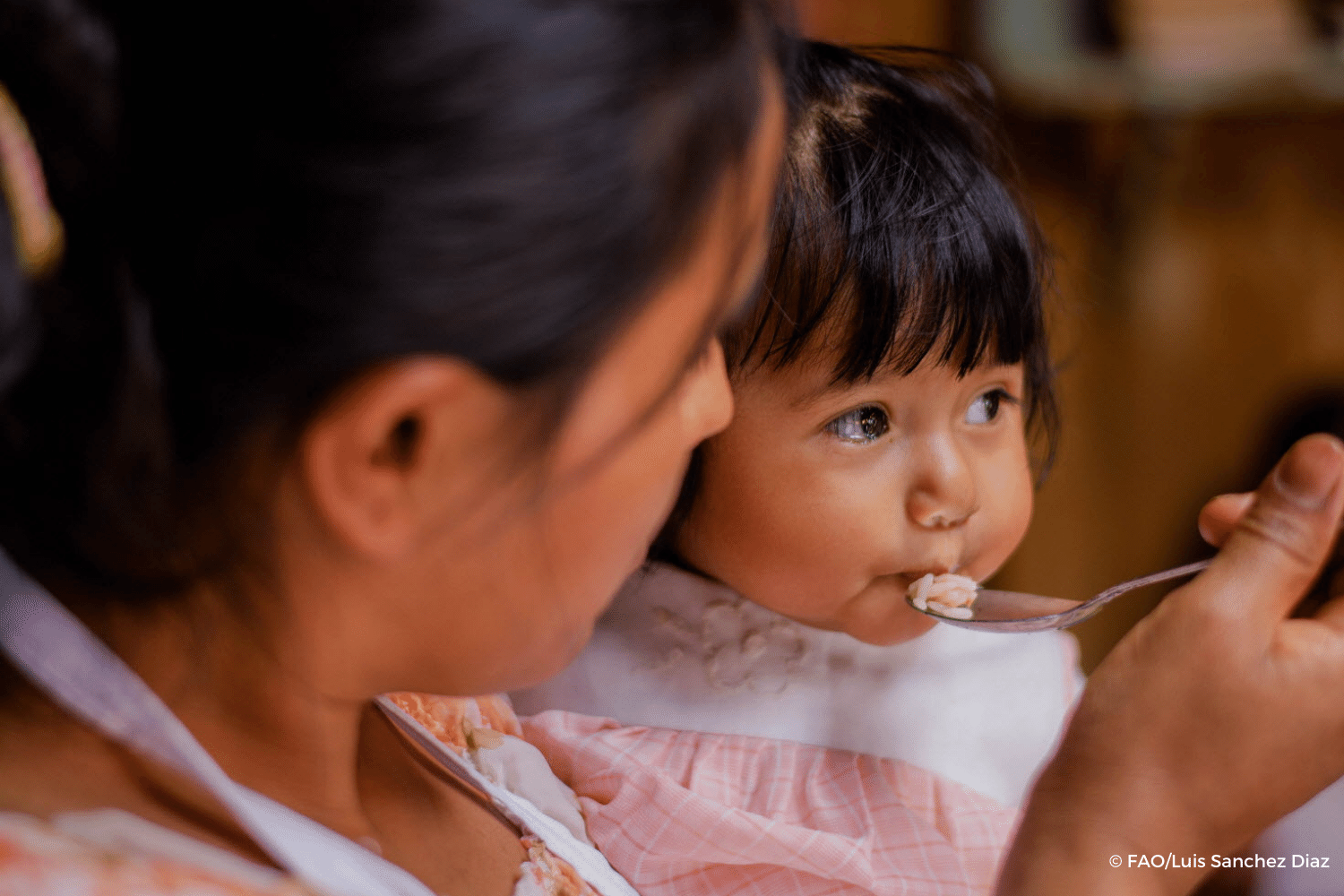
Materials
Concept Note: English
Summary Note: العربية | 中文 | English | French | Русский | Español
Regional Touchpoint – UN Food Systems Summit +2 Stocktaking Moment
The UN Secretary-General has committed in his Statement of Action and Chair’s Summary of the 2021 UN Food Systems Summit (FSS) to convene “a global stock-taking meeting every two years to review progress in implementing the outcomes of this process and its contributions to the achievement of the 2030 Agenda. This will be supported by the RBAs, the broader UN System and partners.” The first of these Stocktaking Moments will take place in 2023.
In response, the UN Food Systems Coordination Hub (the Hub) convened a series of five regional dialogues focusing on the preparation for the UN Food Systems Summit +2 Stocktaking Moment in 2023, working with the Regional Offices of the agencies that support the Hub, and other appropriate UN and regional bodies. Participants included National Convenors and their teams, Permanent Representatives to the Rome-based agencies, UN Resident Coordinators, and UN Country Teams.
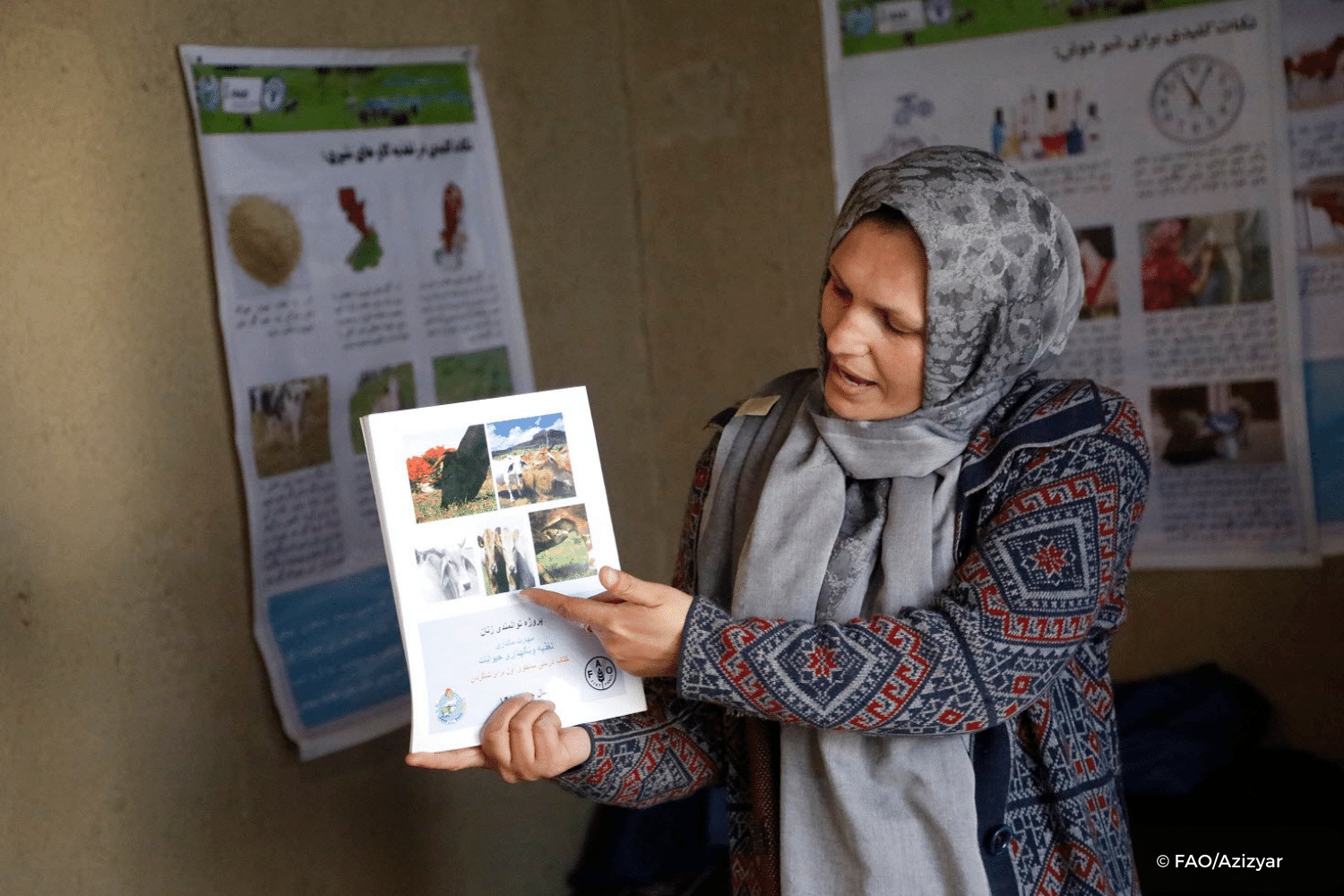
Materials
Concept Note: العربية | 中文 | English | French | Русский | Español

